Κείμενο
12 Βιταμίνες και ιχνοστοιχεία για μετά τα 50 Χαίρετε, ονομάζομαι Στέλιος Πανταζής, είμαι ιατρός εξειδικευμένος στην ιατρική διατροφολογία και στις διαταραχές του μεταβολισμού και το θέμα μας σήμερα είναι 12 βιταμίνες και ιχνοστοιχεία που έχουν ανάγκη οι άνθρωποι μετά τα 50 τους χρόνια. Ασβέστιο Ξεκινάμε με το ασβέστιο. Όσο αυξάνεται η ηλικία, συνήθως αρχίζετε να χάνετε περισσότερο από αυτό το θρεπτικό συστατικό από όσο απορροφάτε. Αυτό μπορεί να κάνει τα οστά σας να είναι πιο αδύναμα, μια κατάσταση που ονομάζεται οστεοπόρωση. Αυτό εμφανίζεται ιδιαίτερα στις γυναίκες μετά την εμμηνόπαυση. Το ασβέστιο όμως δεν είναι σημαντικό μόνο για τα οστά, αφού βοηθά επίσης τους μύες, τα νεύρα, τα κύτταρα και τα αιμοφόρα αγγεία να λειτουργούν σωστά. Το περισσότερο ασβέστιο που υπάρχει στο σώμα μας φυσικά υπάρχει στα οστά, όπου αποθηκεύεται το 99% του ασβεστίου που έχουμε. Οι γυναίκες άνω των 50 και οι άνδρες άνω των 70 θα πρέπει να καταναλώνουν 20% περισσότερο ασβέστιο από τους υπόλοιπους ενήλικες. Το γαλακτοκομικά είναι γνωστές και καλές πηγές, αλλά θέλετε να αποφύγετε τα ζωικά λιπαρά μπορείτε να βρείτε άφθονο ασβέστιο και στα φυλλώδη λαχανικά. Για αυτό το θέμα έχω ετοιμάσει ειδικό βίντεο και ο σύνδεσμος για να το δείτε είναι από πάνω μου! Βιταμίνη Β12 Η βιταμίνη Β12 βοηθά στην παραγωγή των ερυθρών αιμοσφαιρίων που μεταφέρουν οξυγόνο μέσα στο αίμα και στην καλή λειτουργία των νευρικών κυττάρων. Παράγεται από μικρόβια στο έδαφος και συσσωρεύεται κυρίως στις ζωικές τροφές, επειδή τα ζώα τρώνε μαζί με την τροφή τους χώμα, σε αντίθεση με εμάς που τα πλένουμε πολύ καλά και δεν μένει χώμα σε αυτό που τρώμε. Εκτός από ζωικές τροφές όπως κρέας, ψάρι, αυγά και γαλακτοκομικά προϊόντα, θα το βρείτε επίσης σε ταμπλέτες και άλλα συμπληρώματα διατροφής, αλλά και σε τρόφιμα που είναι εμπλουτισμένα με Β12, όπως δημητριακά πρωινού, χυμούς του εμπορίου και άλλα. Οι περισσότεροι άνθρωποι καταναλώνουν αρκετή Β12, αλλά η απορρόφηση με την ηλικία μειώνεται, έτσι καλό είναι να την μετράμε και

να βλέπουμε ότι είναι επαρκής. Σε προηγούμενο βίντεο έχω αναφερθεί στην προσέγγιση της εξέτασης Β12. Στο νοσοκομείο που δούλευα κατά την διάρκεια της ειδικότητας είχα δημοσιεύσει μια ανακοίνωση σε ένα συνέδριο σύμφωνα με την οποία 1 στα 4 άτομα άνω των 40 δεν είχε επαρκή ποσότητα Β12 στο αίμα. Την απορρόφηση της Β12 την εμποδίζει και η λήψη φαρμάκων, ειδικά τα φάρμακα που εξουδετερώνουν τα οξέα του στομάχου, ορισμένα φάρμακα για τον διαβήτη και οι βαριατρικές χειρουργικές επεμβάσεις απώλειας βάρους. Βιταμίνη D Το σώμα μας χρειάζεται βιταμίνη D για να απορροφήσει και να χρησιμοποιήσει σωστά το ασβέστιο. Η έλλειψη βιταμίνης D στους περισσότερους ανθρώπους είναι δεδομένη και σε προηγούμενο βίντεο έχω εξηγήσει και τους λόγους. Η βιταμίνη D, εκτός από τα κόκκαλα, βοηθά επίσης τους μύες, τα νεύρα και το ανοσοποιητικό σύστημα να λειτουργούν σωστά. Τα άτομα που έχουν περισσότερη βιταμίνη D εμφανίζουν σπανιότερα αυτοάνοσα νοσήματα και κάποιες μορφές καρκίνου, αν και δεν είναι ξεκάθαρο αν αυτό οφείλεται στην αυξημένη βιταμίνη D, ή σε κάτι που αυξάνει την βιταμίνη D και ταυτόχρονα ωφελεί την υγεία, όπως η άσκηση σε εξωτερικούς χώρους και ταυτόχρονη έκθεση στον ήλιο. Η έκθεση στον ήλιο αυξάνει την βιταμίνη D, αλλά καλύτερα να λαμβάνετε και συμπλήρωμα. Εγώ λαμβάνω βιταμίνη D και μάλιστα σε δόση που κάποιοι συνάδελφοι ιατροί μπορεί να θεωρήσουν υψηλή. Μερικά τρόφιμα επίσης περιέχουν βιταμίνη D, όπως τα λιπαρά ψάρια δηλαδή ο γαύρος, η σαρδέλα, το σκουμπρί και ο σολομός, αν και συνήθως δεν τα τρώμε κάθε μέρα. Βιταμίνη Β6 Το σώμα την χρησιμοποιεί για την καταπολέμηση των μικροβίων και για την παραγωγή ενέργειας. Βοηθά επίσης να αναπτυχθεί ο εγκέφαλος στα βρέφη. Όσο αυξάνει η ηλικία χρειαζόμαστε περισσότερη B6. Ορισμένες μελέτες έχουν βρει συσχέτιση μεταξύ αυξημένης Β6 στο αίμα σε ηλικιωμένους και καλύτερης μνήμης, αν και δυστυχώς δεν βοηθάει την μνήμη σε άτομα με άνοια. Τα ρεβίθια είναι μια αξιόλογη και οικονομική πηγή, όπως και τα λιπαρά ψάρια και τα εμπλουτισμένα δημητριακά

πρωινού. Μαγνήσιο Το μαγνήσιο έχει πολλές δράσεις στο σώμα. Συμβάλλει στην παραγωγή πρωτεϊνών και την σύνθεση των οστών και σταθεροποιεί το σάκχαρο στο αίμα. Το μαγνήσιο βρίσκεται στην χλωροφύλλη και γι’ αυτό θα το βρείτε σε μεγάλες ποσότητες στα πράσινα φυλλώδη λαχανικά. Επίσης, μπορείτε να το πάρετε από ξηρούς καρπούς και σπόρους και φυσικά και από μη φυλλώδη λαχανικά. Το κακό είναι ότι οι ηλικιωμένοι έχουν την τάση να καταναλώνουν λιγότερες φυτικές τροφές, τουλάχιστον εν μέρει λόγω προβλημάτων στα δόντια, και αυτό σημαίνει ότι δεν έχουν επάρκεια. Επιπλέον, είναι πιο πιθανό να έχουν μακροχρόνιες προβλήματα υγείας ή να παίρνουν πολλά φάρμακα, και δυστυχώς αμφότερα εξαντλούν το μαγνήσιο στο σώμα. Μια πολύ καλή λύση είναι η πολτοποίηση τροφών πλούσιων σε μαγνήσιο στο μπλέντερ πριν την κατανάλωσή τους. Προβιοτικά Τα προβιοτικά είναι τα «φιλικά» , δηλαδή τα καλά βακτήρια που είναι αναγκαία για την καλή λειτουργία του εντέρου. Τα λαμβάνουμε από τρόφιμα που έχουν υποστεί ζύμωση όπως γιαούρτι ή λάχανο τουρσί ή από συμπληρώματα. Να τονίσω ότι αν δεν μπορείτε να καταναλώνετε ζωικά γιαούρτι, είτε γιατί δεν σας αρέσουν, είτε γιατί έχετε δυσανεξία, στα καταστήματα με υγιεινές τροφές θα βρείτε φυτικά γιαούρτια που είναι εμπλουτισμένα με προβιοτικά στον ίδιο βαθμό που είναι και τα κανονικά γιαούρτια. Αν τρώτε όμως τρώτε ζωικά γιαούρτια, είναι σημαντικό να δείτε το σχετικό βίντεο ώστε να διαλέγετε τα γιαούρτια που έχουν τα περισσότερα προβιοτικά. Τα προβιοτικά σε συμπλήρωμα διατροφής βοηθούν σε προβλήματα του πεπτικού, όπως το σύνδρομο ευερέθιστου εντέρου, αν και ιδανικά είναι να αποφεύγετε τις τροφές και τις καταστάσεις που το προκαλούν. Ωμέγα-3 Αυτά τα λιπαρά οξέα ονομάζονται «απαραίτητα» επειδή το σώμα δεν μπορεί να τα συνθέσει. Για καλή μας τύχη τα συνθέτουν τα χορταρικα και το πλαγκτόν και συγκεντρώνεται στο λίπος των ζώων που τα τρώνε, όπως τα ψάρια. Είναι απαραίτητα για τα μάτια και τον εγκέφαλο και για πολλές άλλες λειτουργίες του οργανισμού. Θα μπορούσαν επίσης να

βοηθήσουν στην προστασία από ασθένειες που σχετίζονται με την ηλικία, όπως η νόσος του Alzheimer, η αρθρίτιδα και ο εκφυλισμός της ωχράς κηλίδας, που μπορεί να προκαλέσει τύφλωση. Εκτός από τα λιπαρά ψάρια όπως η σαρδέλα, ο γαύρος, το σκουμπρί και η ρέγγα, ωμέγα-3 θα βρείτε και σε φυτικές τροφές όπως ο λινατόσπορος, οι σπόροι τσία και τα καρύδια, αν και η μορφή τους δεν ικανοποιεί πλήρως τις ανάγκες του οργανισμού. Αν δεν τρώτε ψάρια, πρέπει οπωσδήποτε να λαμβάνετε συμπληρώματα διατροφής με ω3, είτε από ψάρια είτε από πλαγκτόν. Ψευδάργυρος Ένα ιχνοστοιχείο που λείπει από την διατροφή πολλών είναι ο ψευδάργυρος. Ο ψευδάργυρος είναι εξαιρετικά σημαντικός για την λειτουργία της άμυνας του οργανισμού και την σωστή λειτουργία του ανοσοποιητικού. Ο ψευδάργυρος μπορεί επίσης να προστατεύσει την όραση. Τα οστρακοειδή είναι η καλύτερη πηγή ψευδαργύρου, όπως και τα κρεατικά και γενικά τα ζωικά προϊόντα. Φυσικά, αρκετές τροφές είναι εμπλουτισμένες με ψευδάργυρο, όπως κάποια δημητριακά για πρωινό. Σελήνιο Άλλο ένα ιχνοστοιχείο που μπορεί να λείπει από την διατροφή και είναι αναγκαίο σε μεγαλύτερη ηλικία είναι το σελήνιο. Το σελήνιο προστατεύει τα κύτταρα από την βλάβη που προκαλείται από τις ελεύθερες ρίζες οξυγόνου, όπως επίσης και από λοιμώξεις. Κάτι πολύ σημαντικό είναι ότι βοηθάει την σωστή λειτουργία του θυρεοειδή, και αυτός είναι ο λόγος που συστήνεται σε άτομα που πάσχουν από αυτοάνοση θυροειδίτιδα Hashimoto. Επίσης, συντελεί στην διατήρηση των μυών και μπορεί να βοηθήσει στην πρόληψη ασθενειών που συνδέονται με την ηλικία, όπως η άνοια και ορισμένοι τύποι καρκίνου. Τα καρύδια Βραζιλίας είναι διάσημα για την περιεκτικότητά τους σε σελήνιο, αλλά δεν πρέπει να καταναλώνετε πολλά. Μόλις 2-3 την ημέρα είναι αρκετά. Τέλος, τα ζωικά προϊόντα γενικά περιέχουν αρκετό σελένιο, όπως και τα φασόλια, οι φακές, το σπανάκι και τα μανιτάρια. Κάλιο Το κάλιο παίζει ρόλο σε όλα σχεδόν μέσα στο σώμα μας. Η επάρκειά του εξασφαλίζει την καλή λειτουργία της καρδιάς, των νεφρών, των

μυών και των νεύρων. Μπορεί επίσης να βοηθήσει στην προστασία από εγκεφαλικό επεισόδιο, την υψηλή αρτηριακή πίεση και την οστεοπόρωση. Οι περισσότεροι άνθρωποι, ειδικά μετά τα 55 δεν λαμβάνουν αρκετό κάλιο. Το κάλιο βρίσκεται σε ικανοποιητικές ποσότητες σε φυτικές τροφές , γι αυτό μια διατροφή πλούσια σε φυτικές τροφές είναι πολύ σημαντική για επάρκεια σε κάλιο. Ικανοποιητική περιεκτικότητα σε καλιο υπάρχει στα φρούτα, όπως τα βερίκοκα, τα πορτοκάλια, και οι μπανάνες. Επίσης στα λαχανικά, όπως το σπανάκι, το μπρόκολο και όλα τα φυλλώδη λαχανικά. Κάποια φάρμακα μπορεί να εξαντλήσουν το κάλιο από τον οργανισμό, όπως κάποια διουρητικά, γι’ αυτό αν λαμβάνετε διουρητικά για αρτηριακή υπέρταση ή καρδιοπάθεια πρέπει να το συζητήσετε αυτό με την γιατρό που σας παρακολουθεί. Φυλλικό οξύ Η ονομασία του προδίδει τις τροφές τπου το περιέχουν σε αφθονία, που είναι τα φύλα. Από τα φύλα, λοιπόν λαμβάνουμε το φυλλικό οξύ που βρίσκεται σε μεγάλες ποσότητες στα πράσινα φυλλώδη λαχανικά, αλλά και τους ξηρούς καρπούς, τα φασόλια και άλλα τρόφιμα φυτικής προέλευσης. Το φυλλικό οξύ βοηθά στην ανάπτυξη των κυττάρων και μπορεί να προστατεύσει από εγκεφαλικό επεισόδιο και ορισμένους καρκίνους. Το φυλλικό οξύ καταστρέφεται με την θέρμανση, γι’ αυτό οι πρεσβύτεροι συνάνθρωποί μας που αποφεύγουν τις ωμές σαλάτες λόγω παθήσεων των δοντιών συχνά εμφανίζουν σημαντική έλλειψη. Η λύση εδώ είναι η πολτοποίηση ωμών σαλατικών, και η κατανάλωσή τους σε υγρή μορφή ώστε να εξασφαλίζεται η επάρκεια σε αυτό το τόσο σημαντικό θρεπτικό συστατικό. Φυτικές Ίνες Οι φυτικές ίνες είναι εξαιρετικά σημαντικές για όλες τις ηλικίες, αλλά είναι είναι ακόμα πιο χρήσιμες όσο προχωράμε στις δεκαετίες της ζωής. Οι φυτικές ίνες βοηθούν στην προστασία από τα εγκεφαλικά επεισόδια, και εμποδίζουν την αύξηση της χοληστερίνης και του σακχάρου στο αίμα. Οι κατευθυντήριες οδηγίες συστήνουν κατανάλωση 20-30 γραμμαρίων φυτικών ινών την ημέρα, αλλά οι περισσότεροι άνθρωποι πασχίζουν να φτάσουν το μισό από αυτό. Άρα, υπάρχει

μεγάλο περιθώριο βελτίωσης. Αν μάλιστα συνυπολογίσουμε ότι στους πλυθησμούς που τρέφονται παραδοσιακά και δεν πάσχουν από καρδιοπάθειες η πρόσληψη φυτικών ινών ξεπερνάει τα 100 γρ την ημέρα, βλέπουμε ότι το περιθώριο είναι ακόμα πιο μεγάλο! Οι φυτικές ίνες υπάρχουν αποκλειστικά στις φυτικές τροφές και θα τις βρείτε σε μεγάλη ποσότητα στα όσπρια και τα φυλλώδη λαχανικά, καθώς και σε σπόρια, όπως ο λιναρόσπορος. Αν βρήκατε το θέμα ενδιαφέρον, σας παρακαλώ, να πατήσετε το κουμπί μου αρέσει, να το μοιραστείτε με άτομα που θα το βρουν ενδιαφέρον και να εγγραφείτε στο κανάλι για να σας ενημερώνουμε για μελλοντικά θέματα. Επίσης, μπορείτε να χρησιμοποιήσετε τα σχόλια για να ζητήσετε να παρουσιάσουμε ένα θέμα στο μέλλον. Σας ευχαριστώ πολύ.

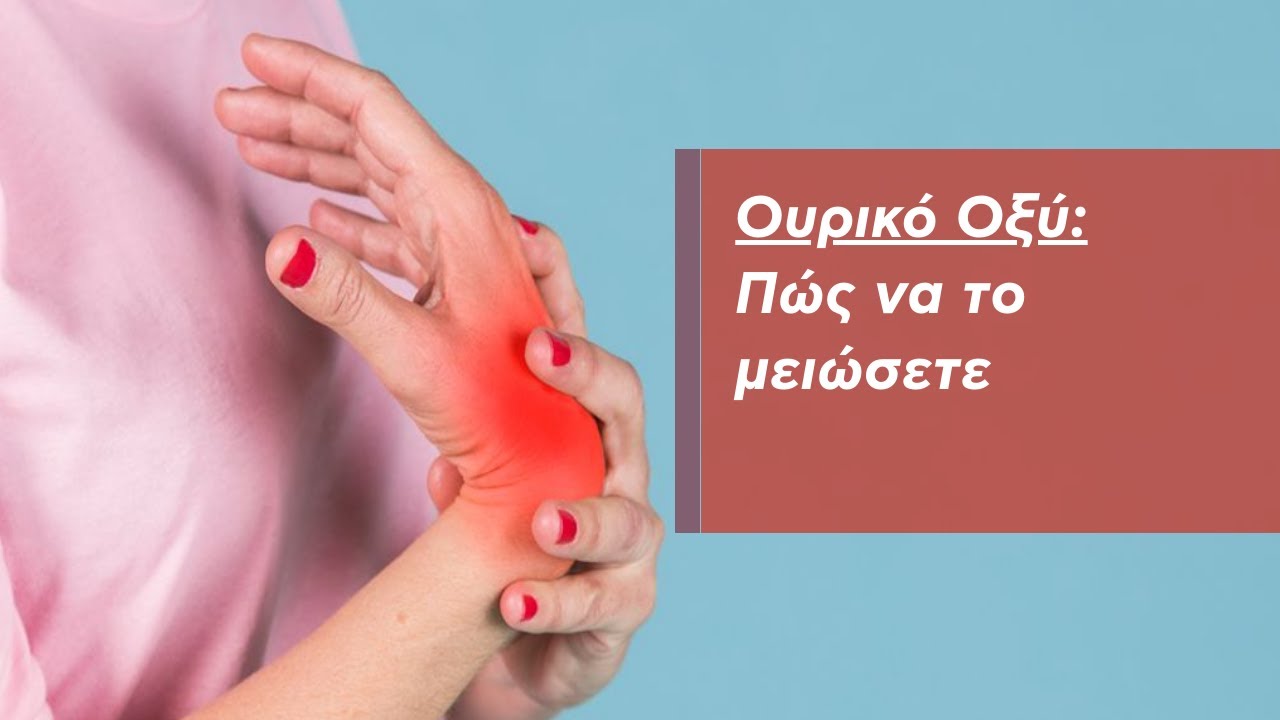
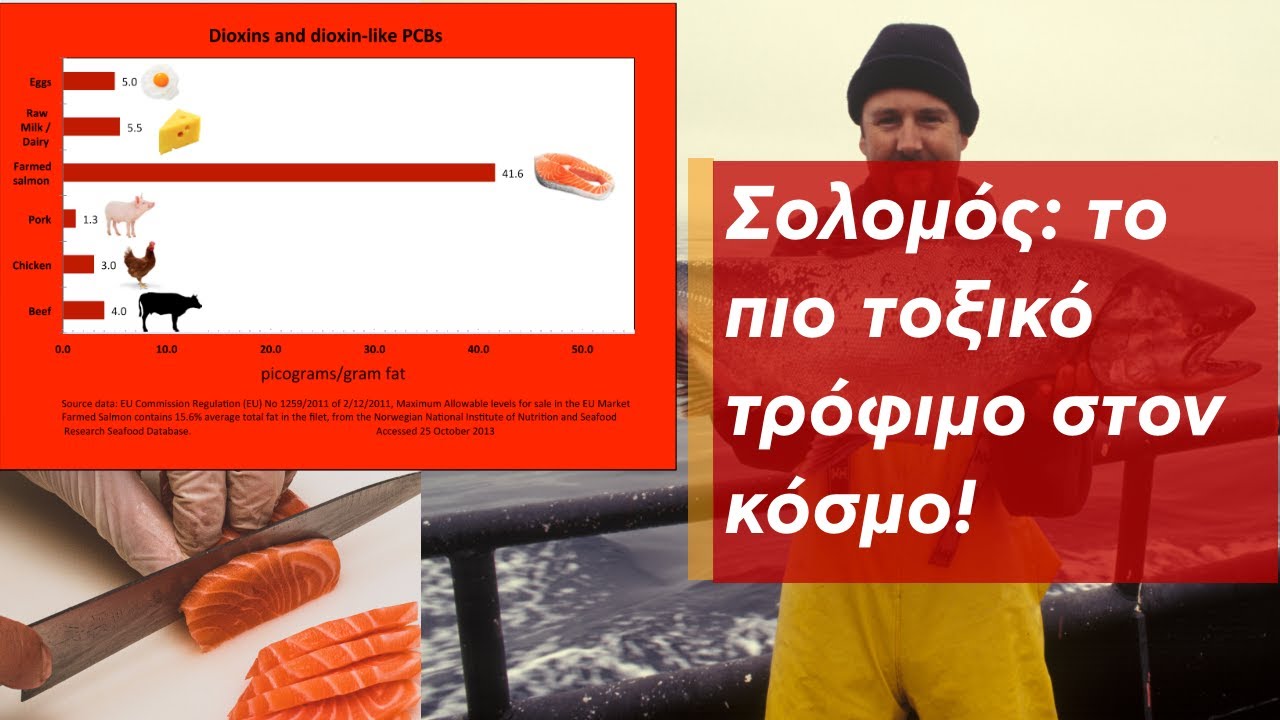
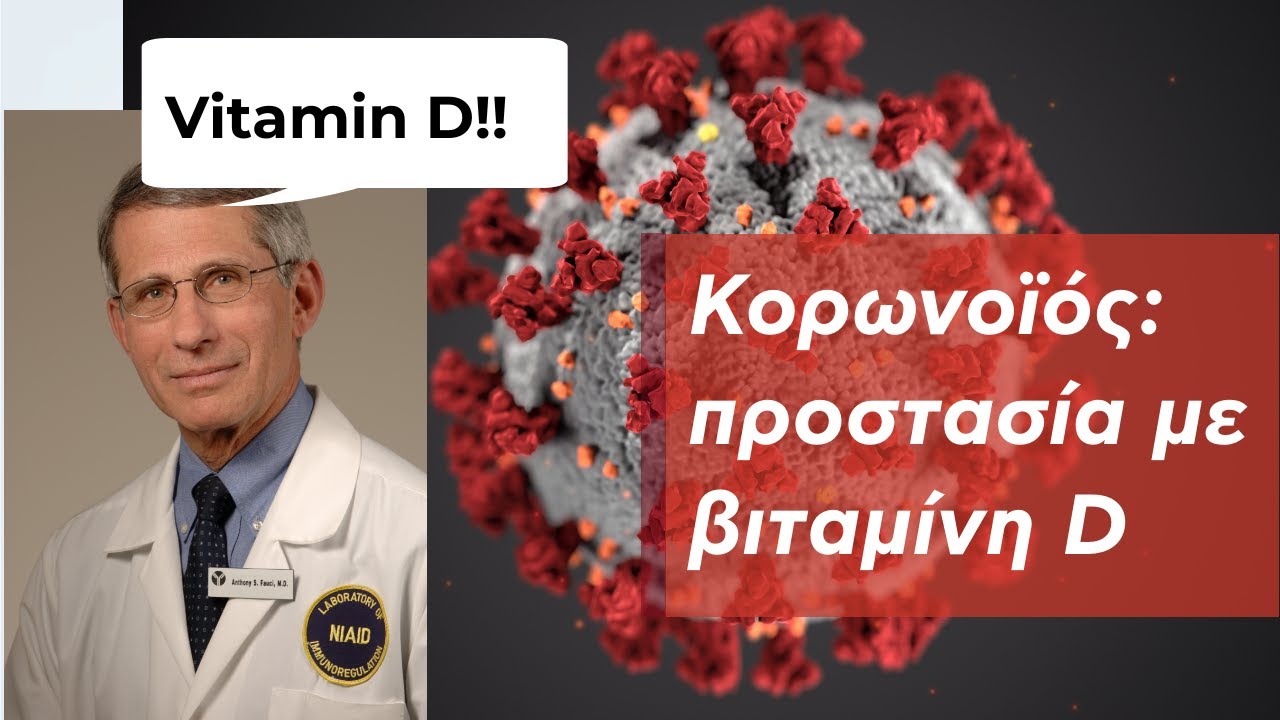

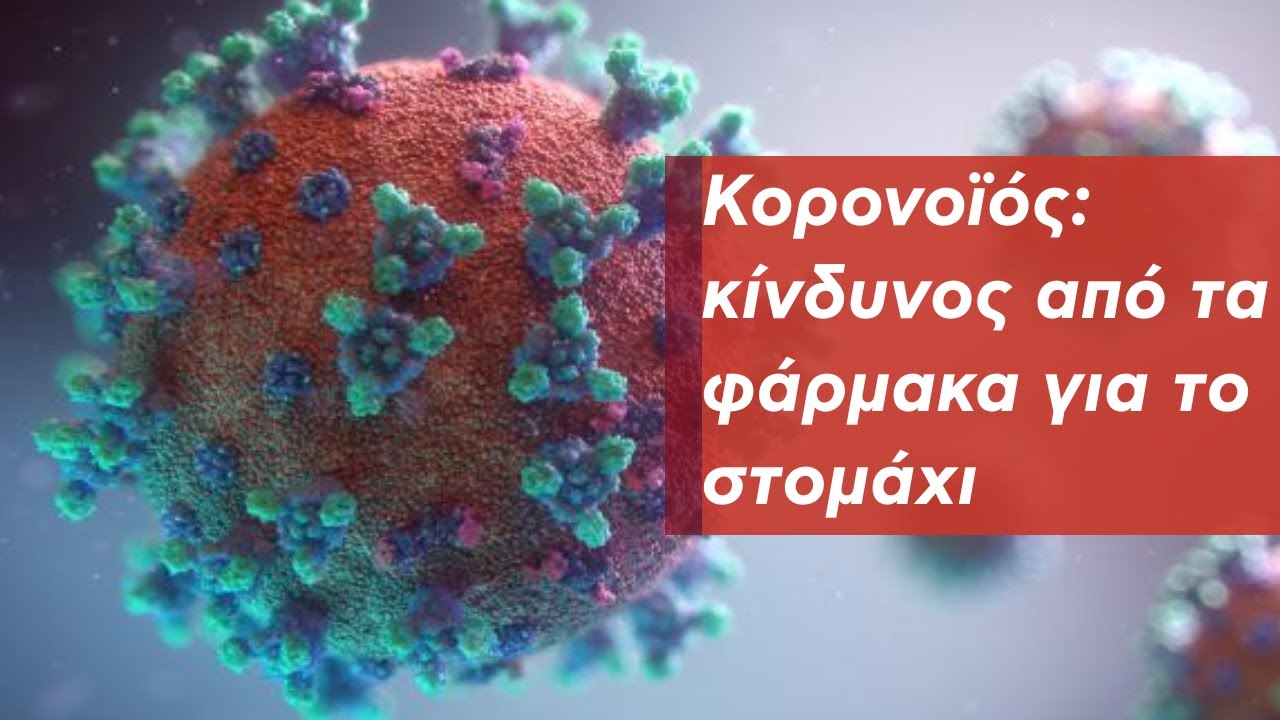
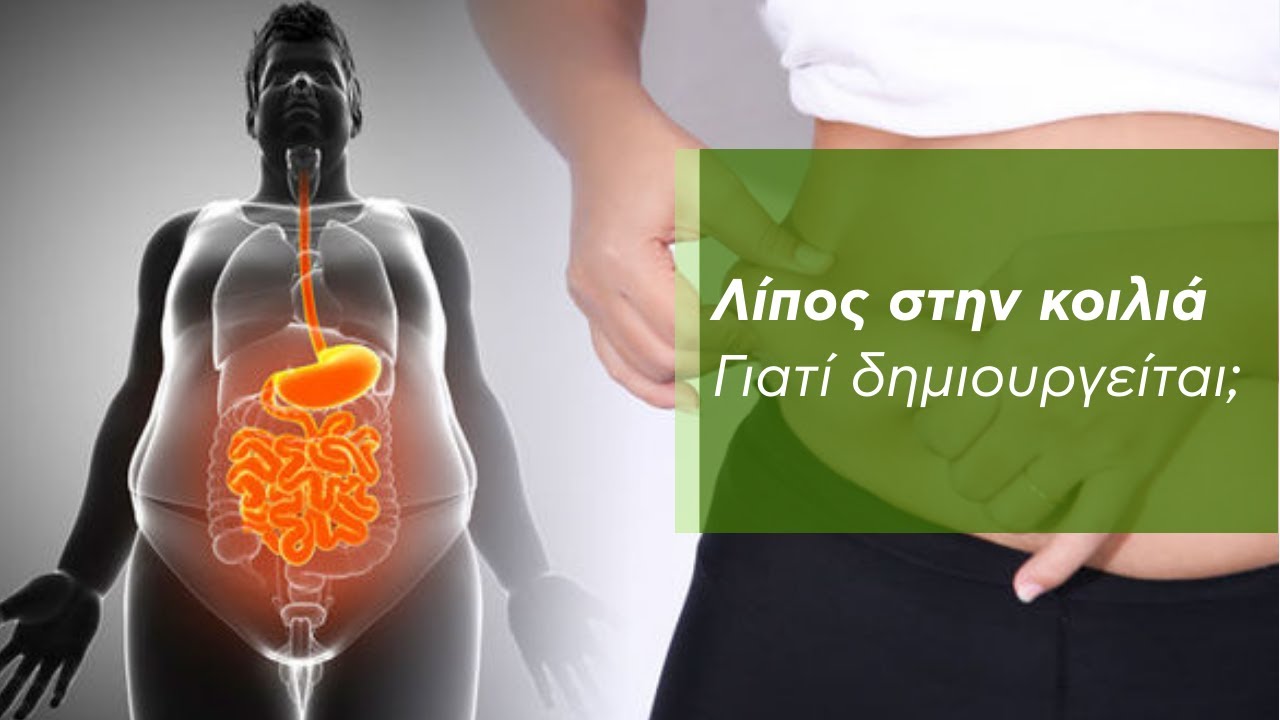
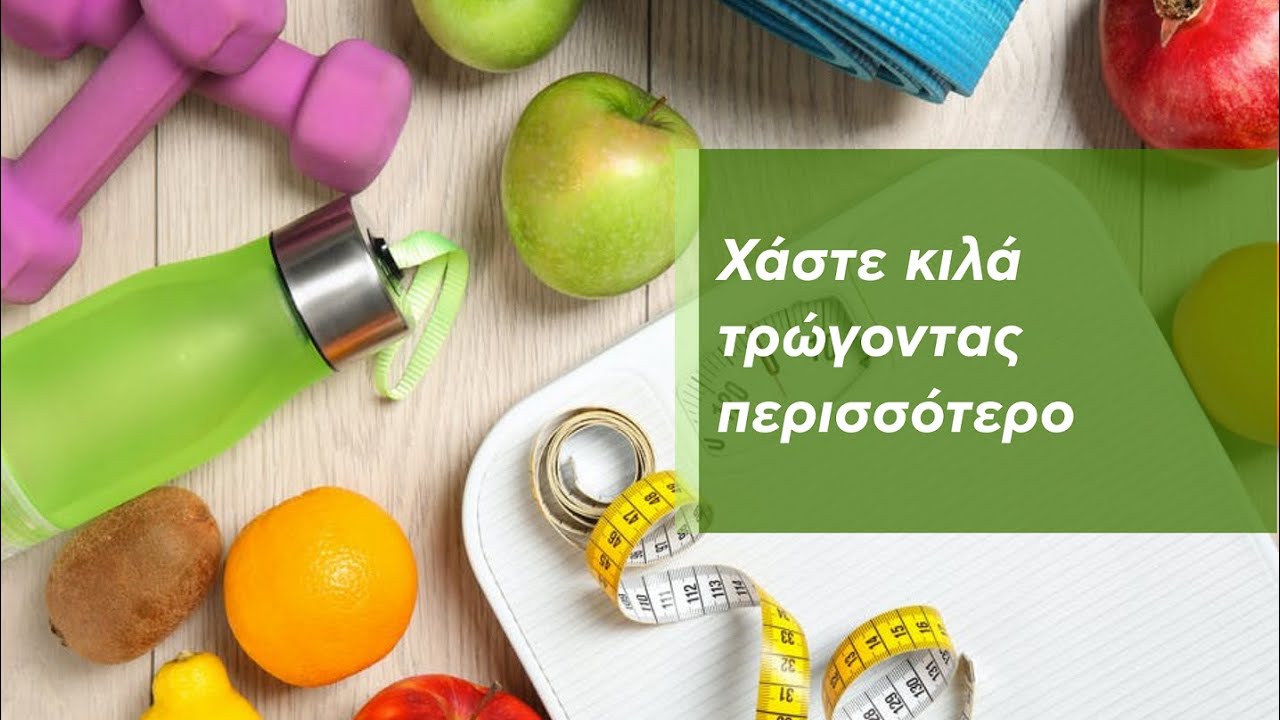
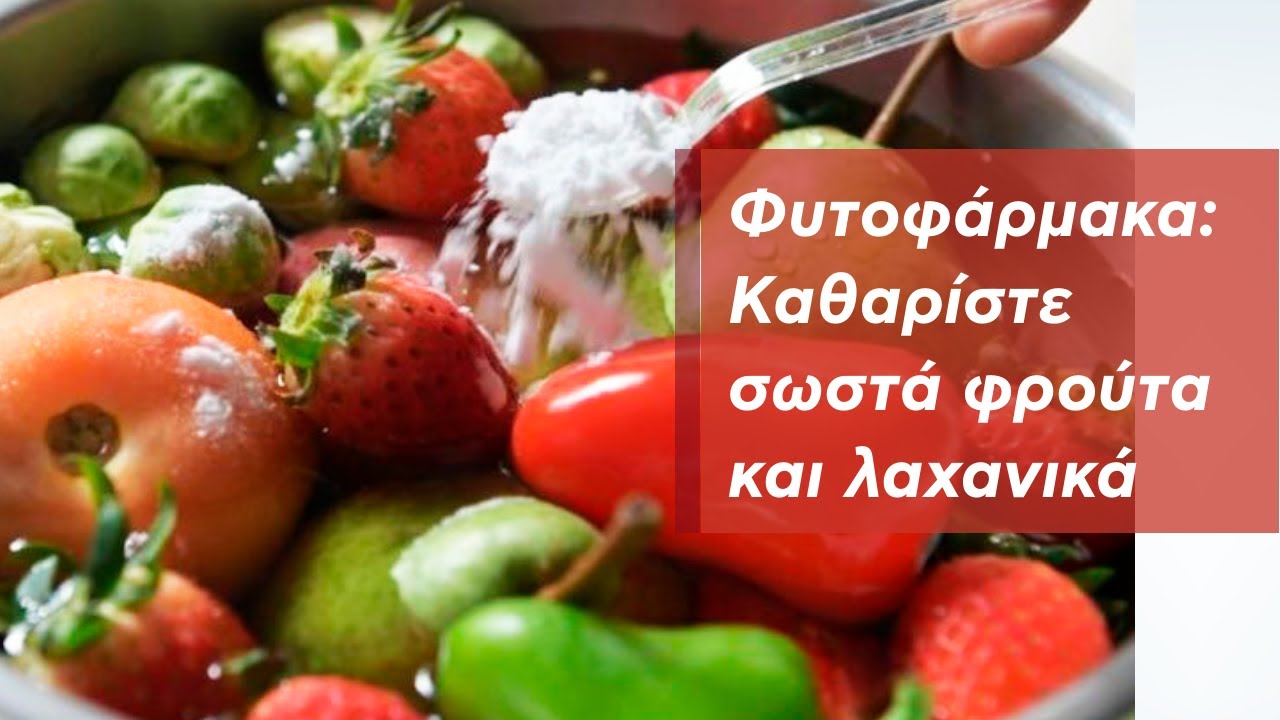
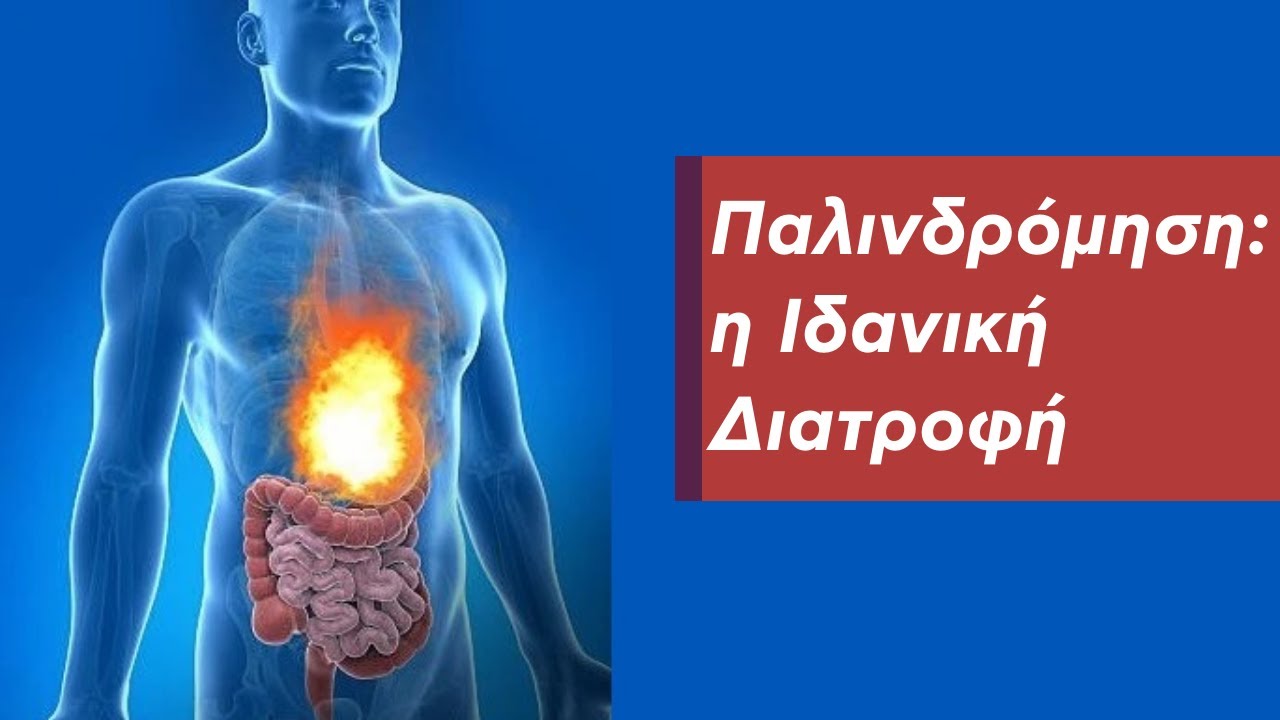
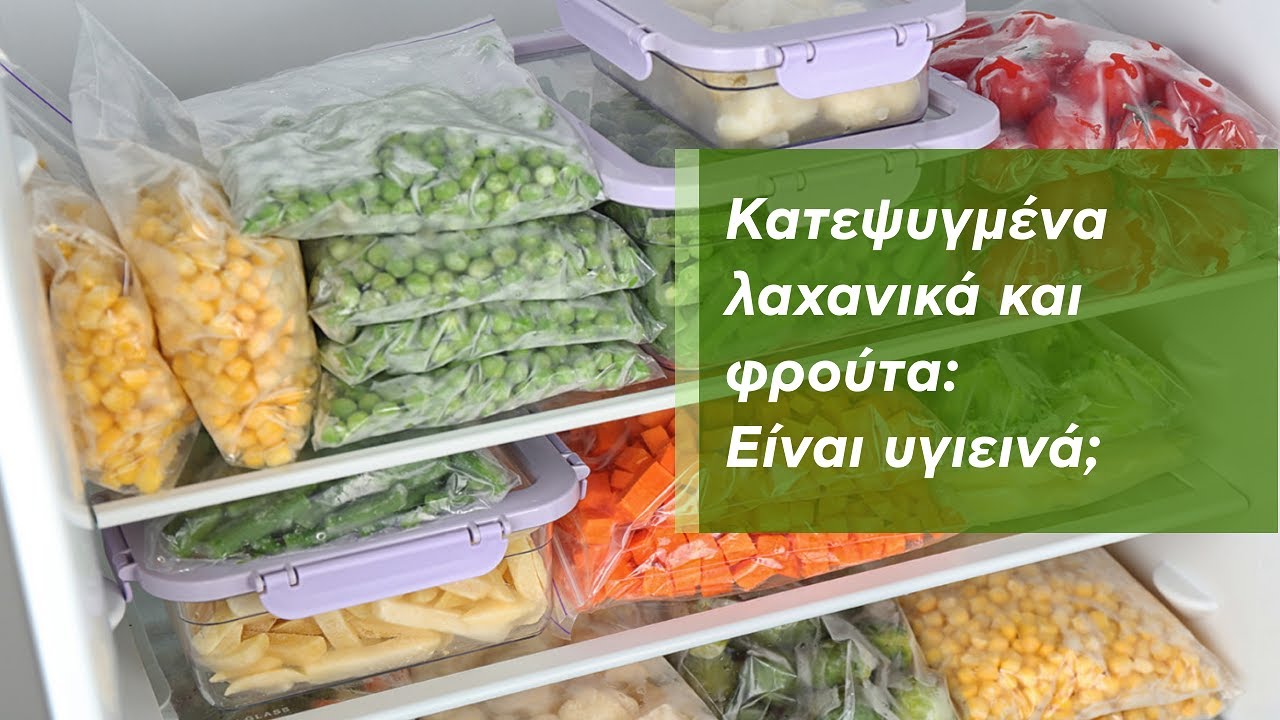

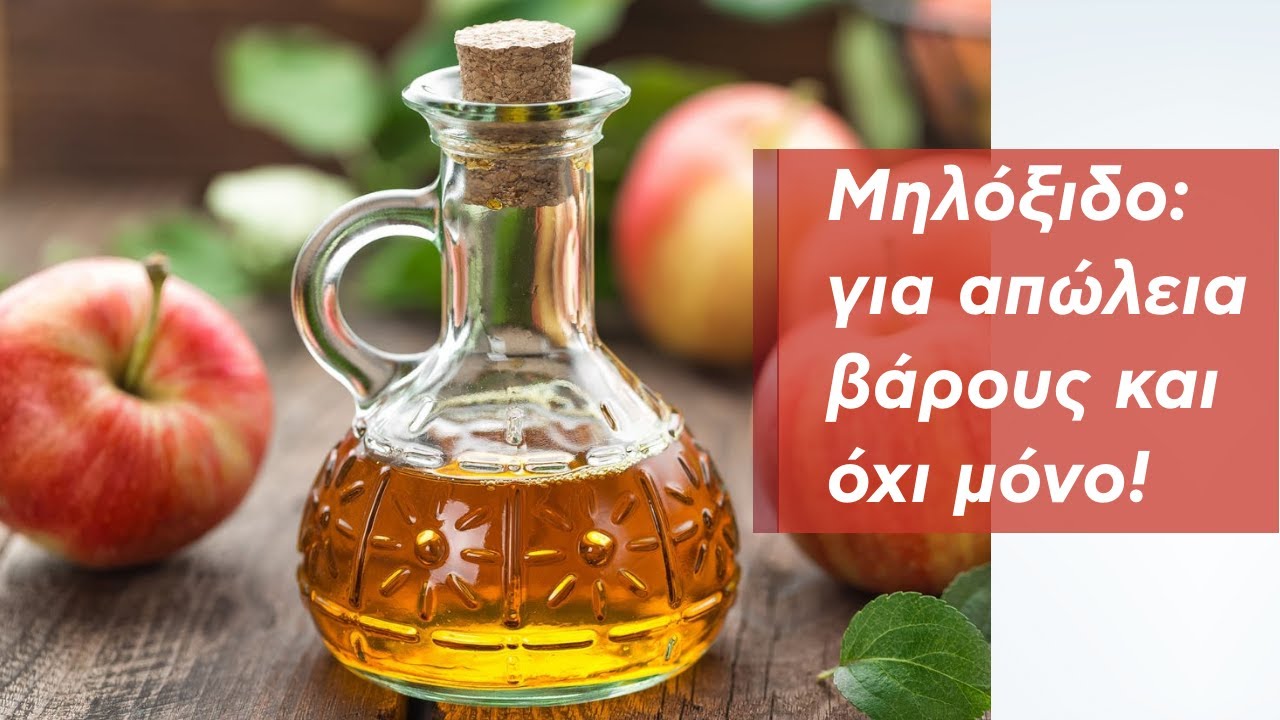
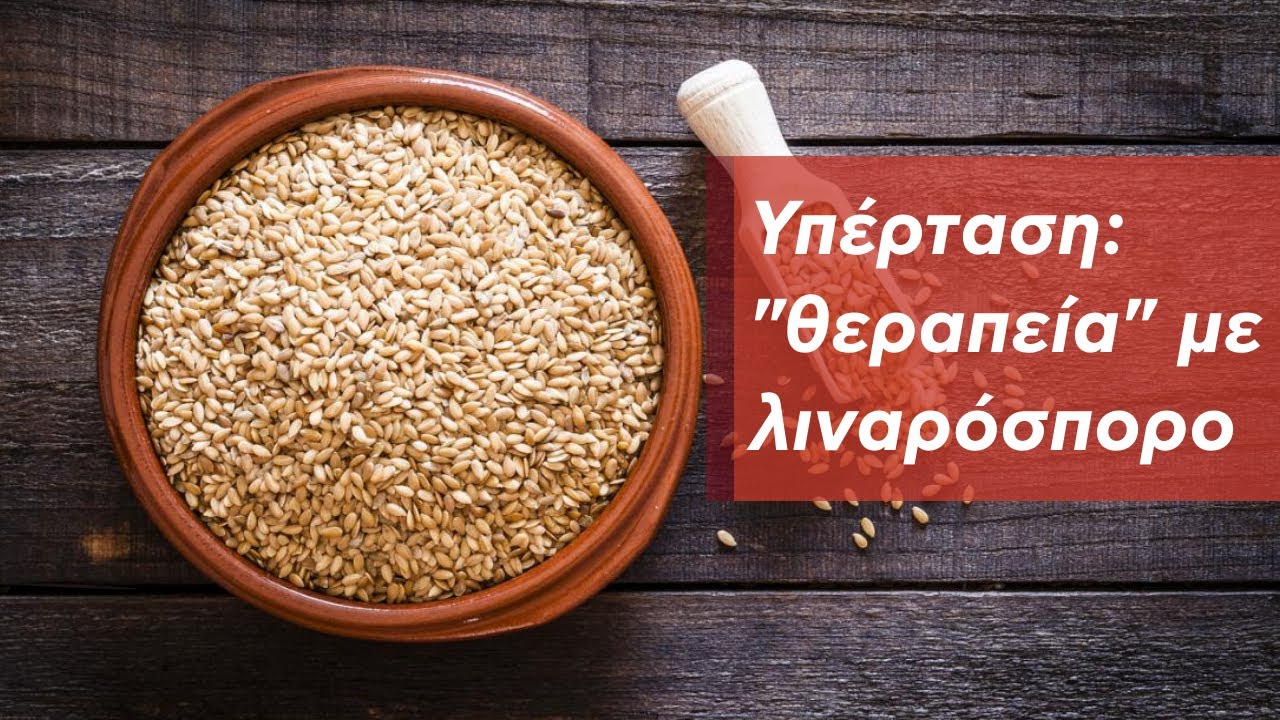
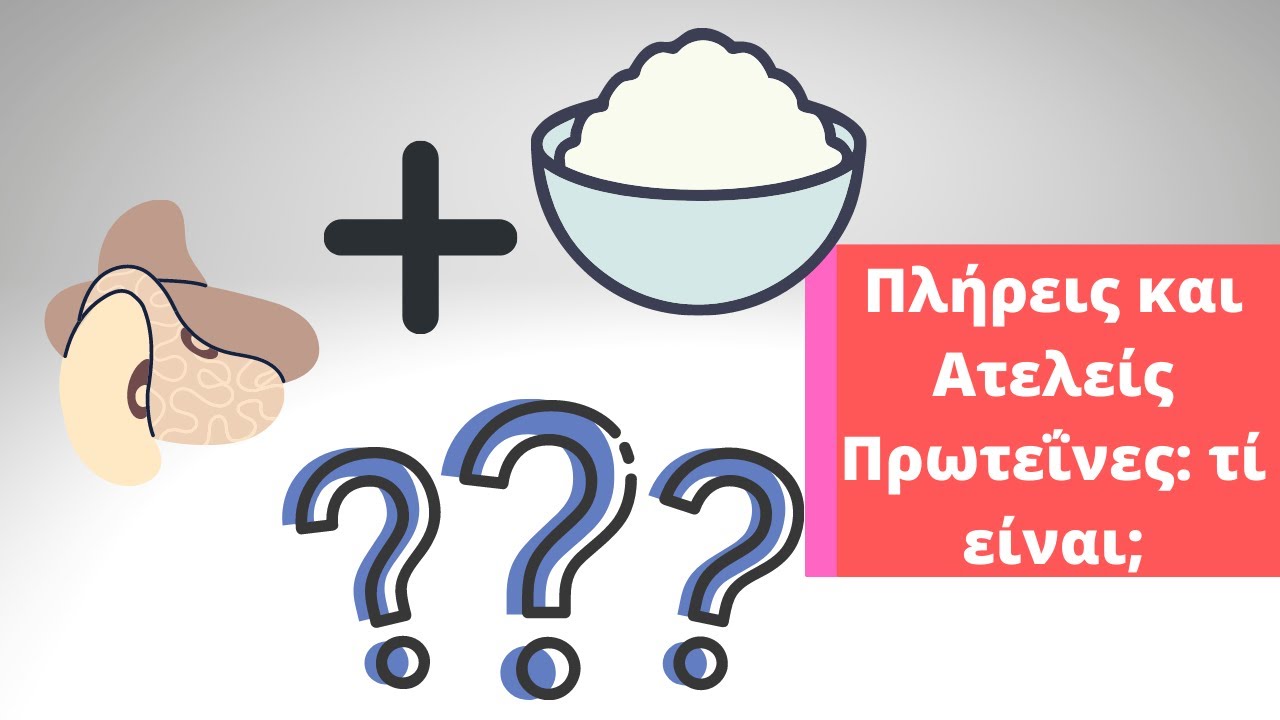
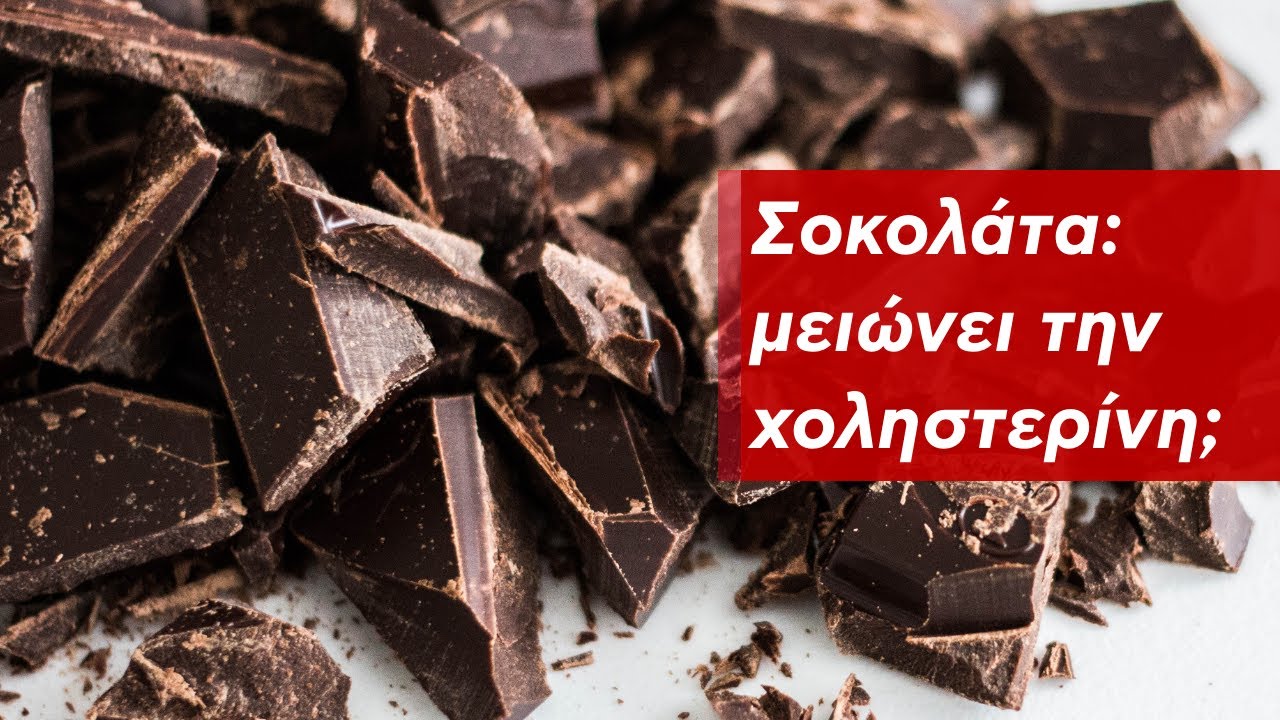
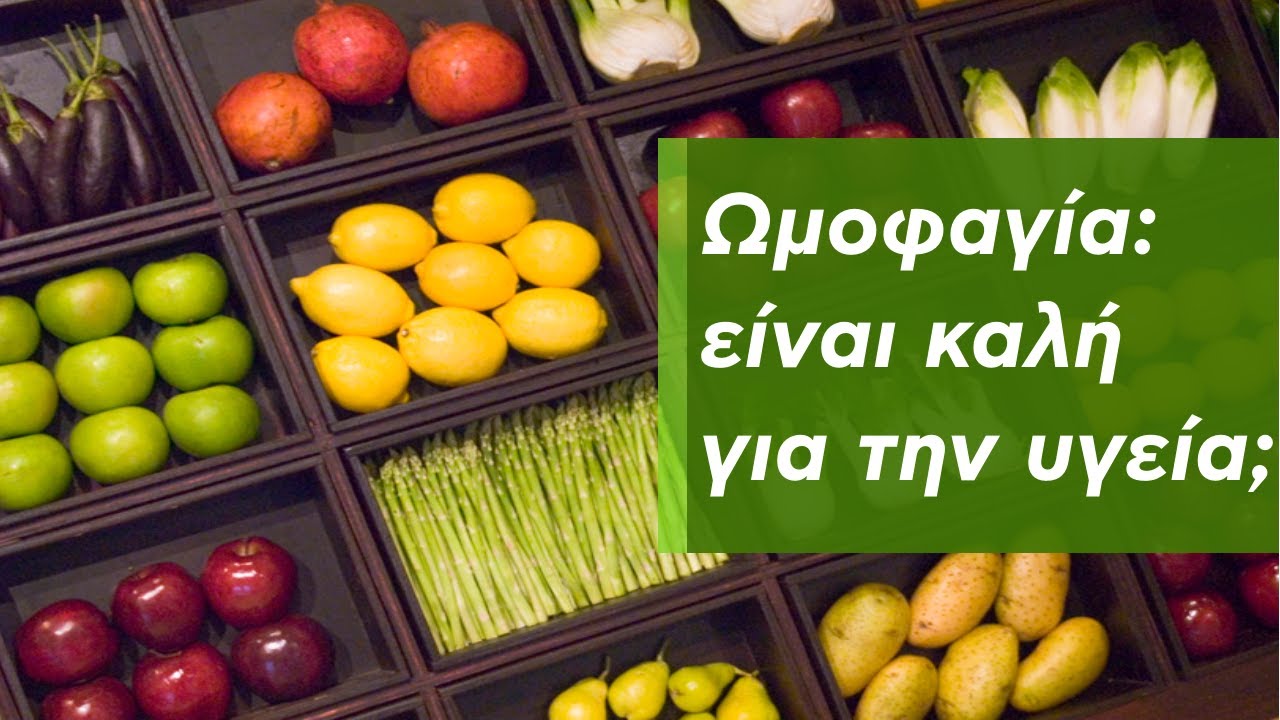

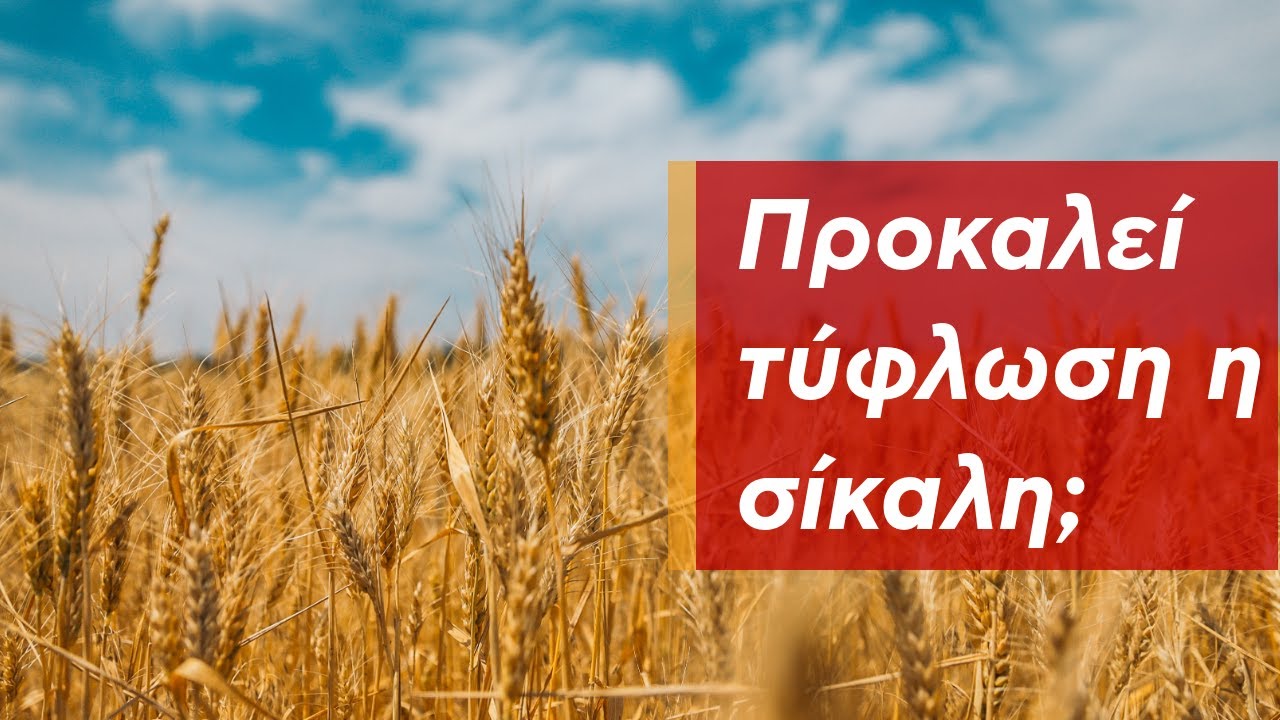
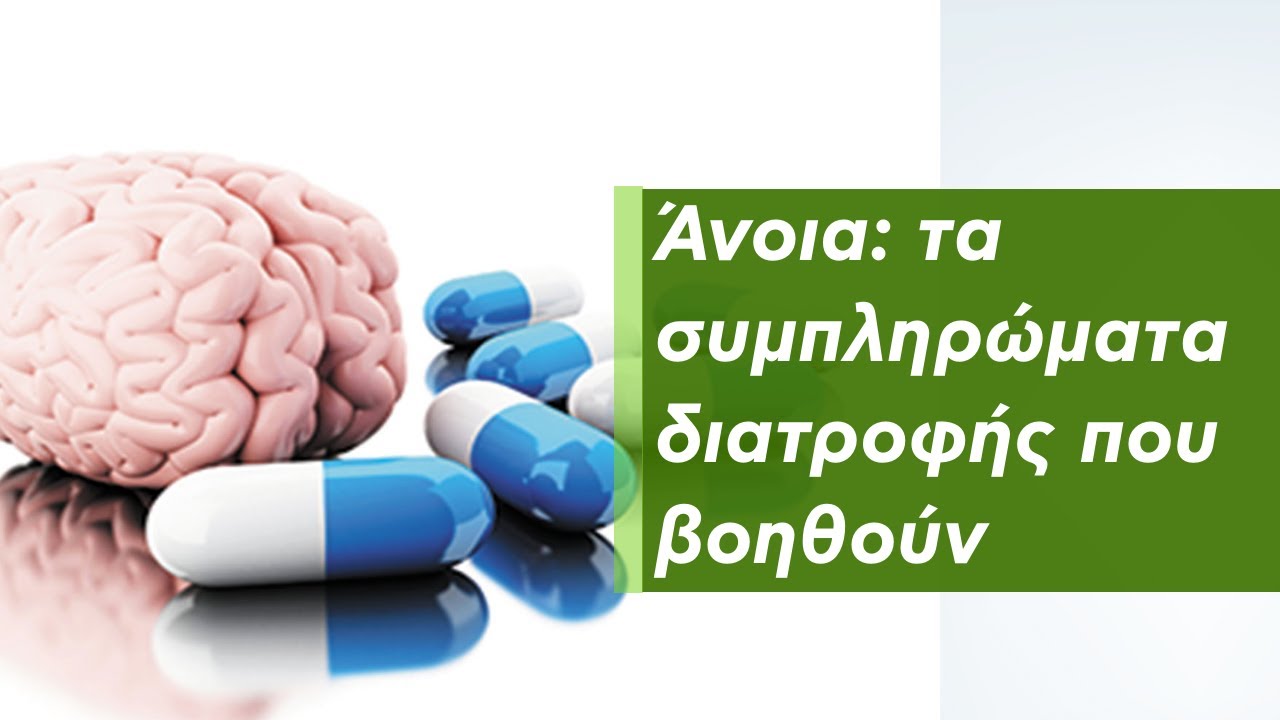
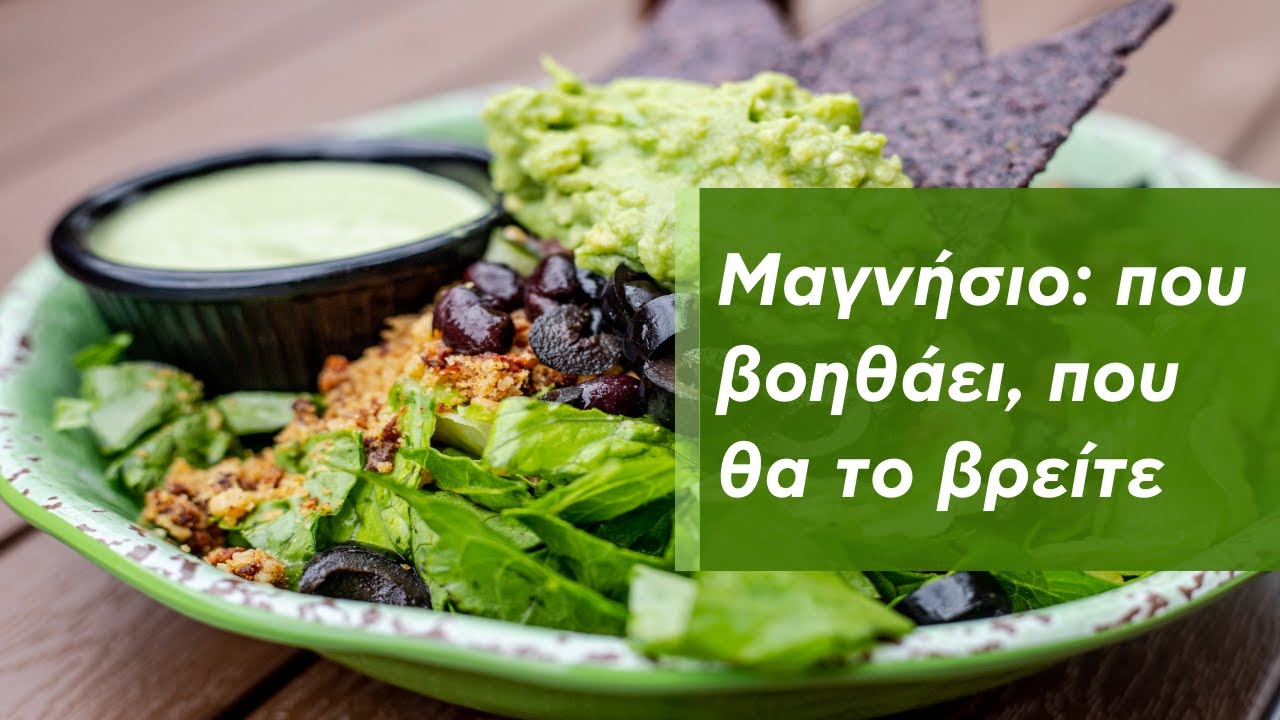
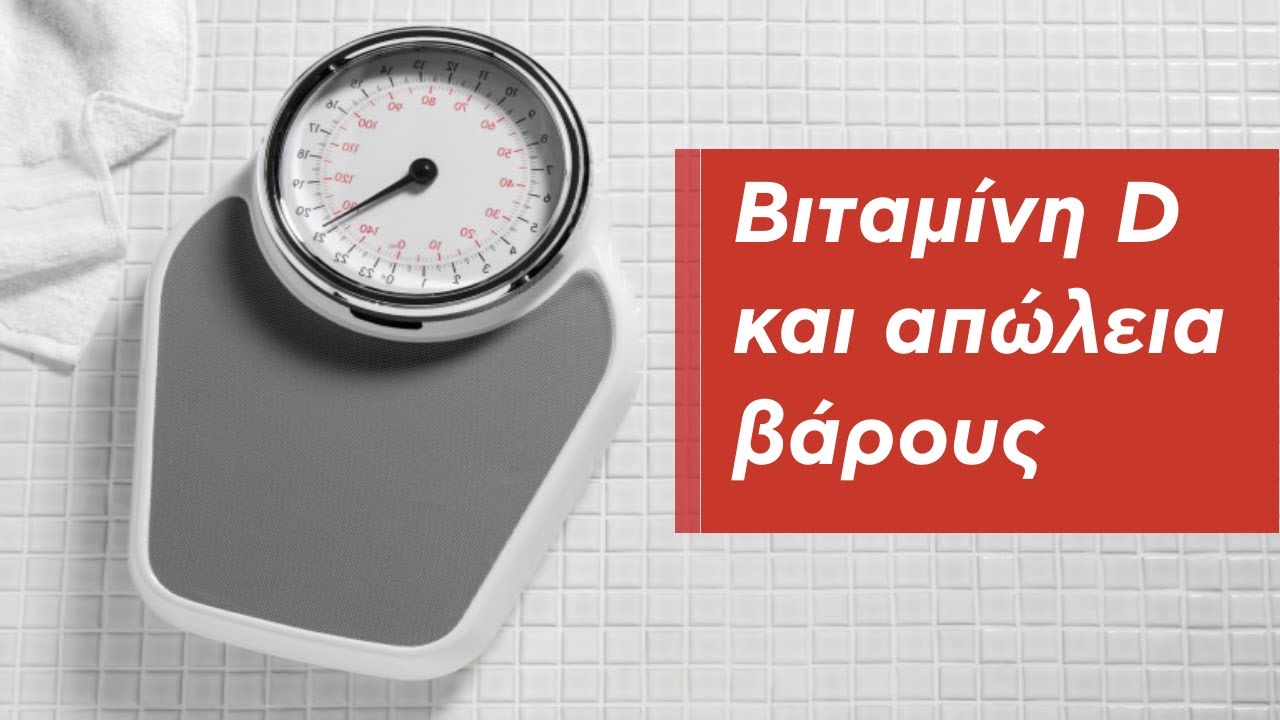

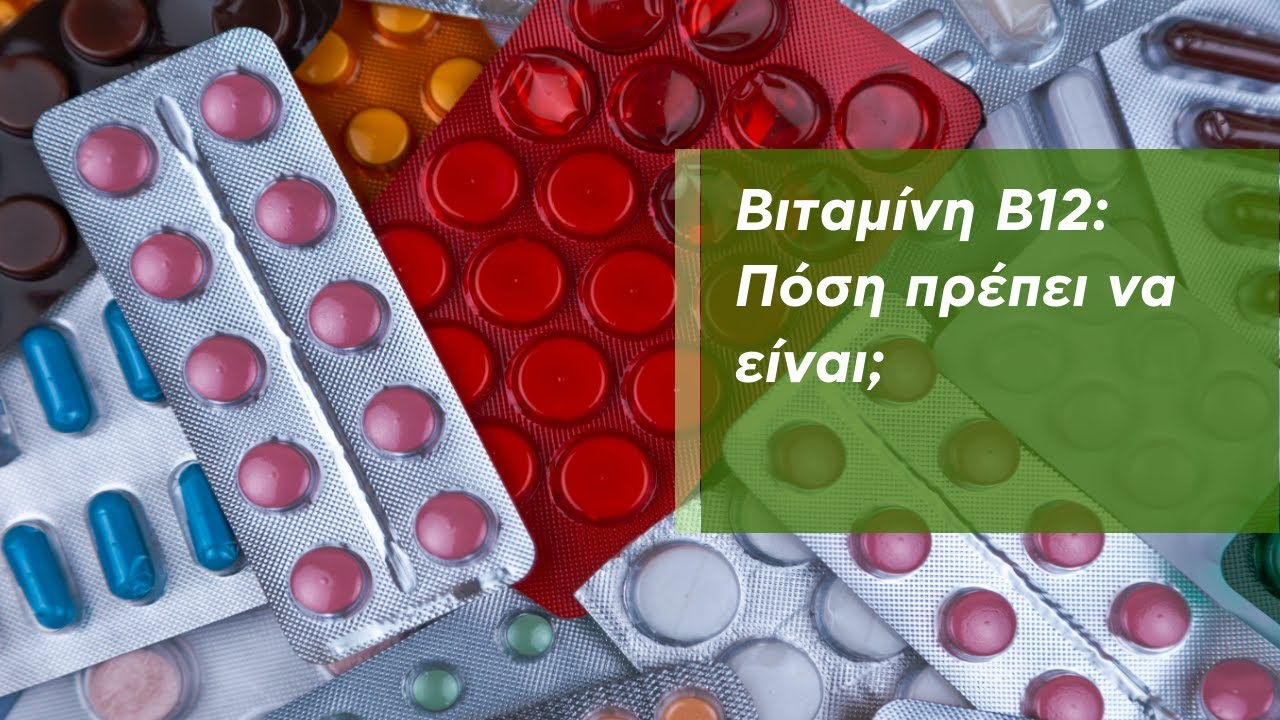
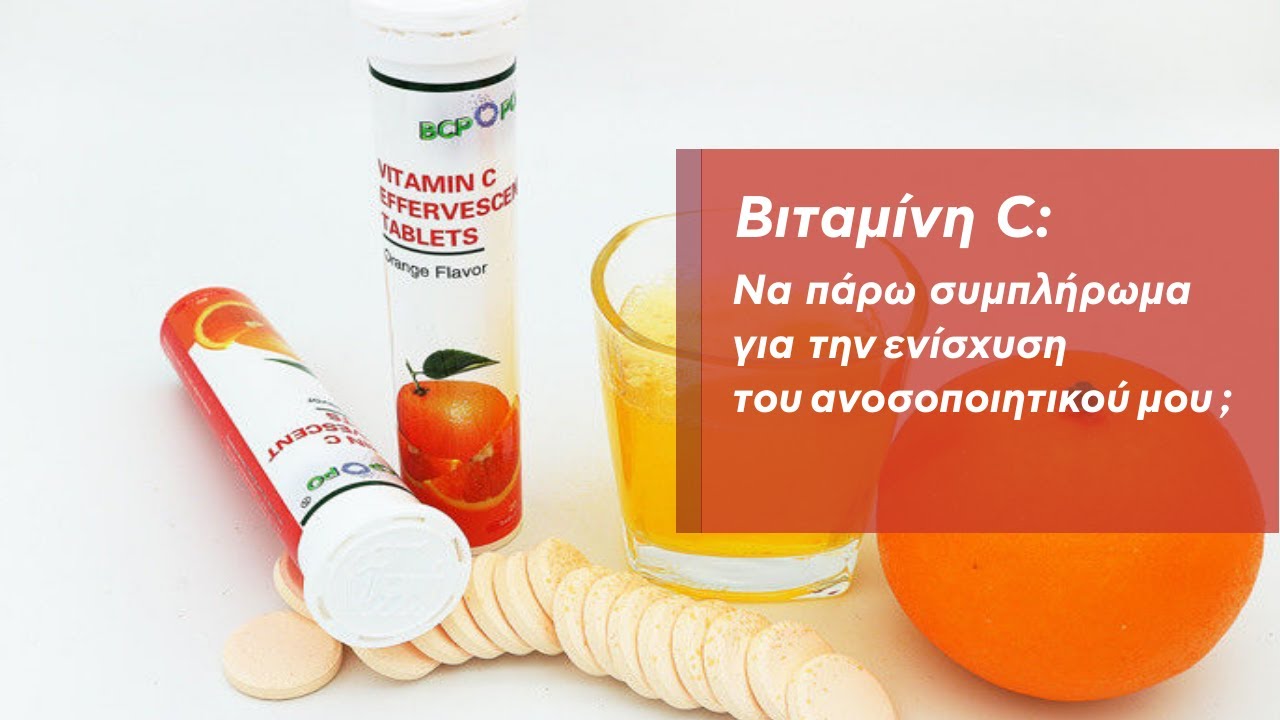
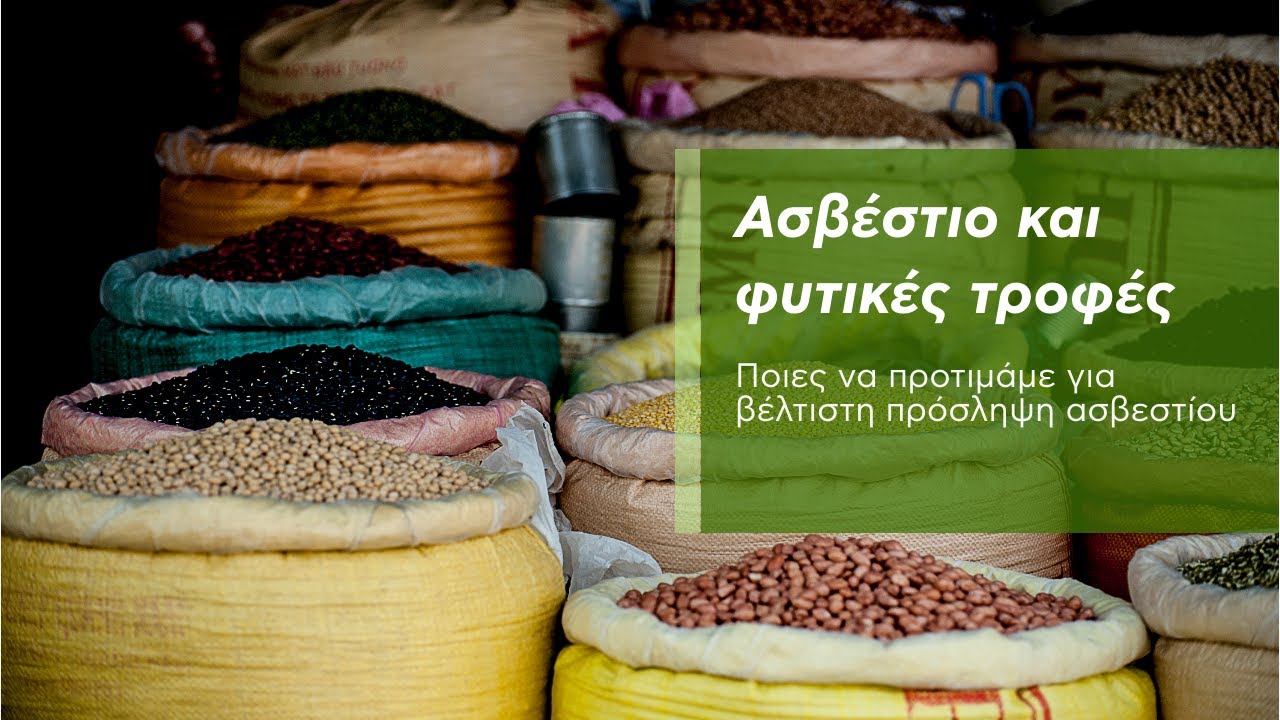
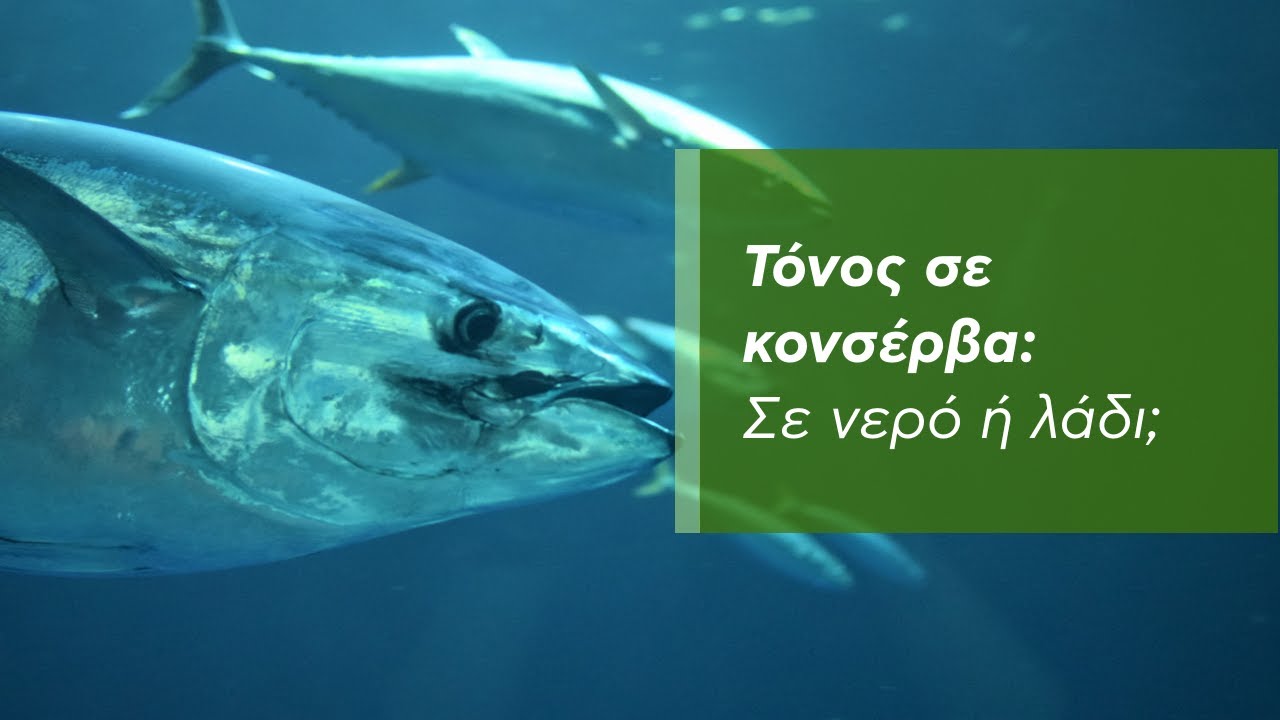

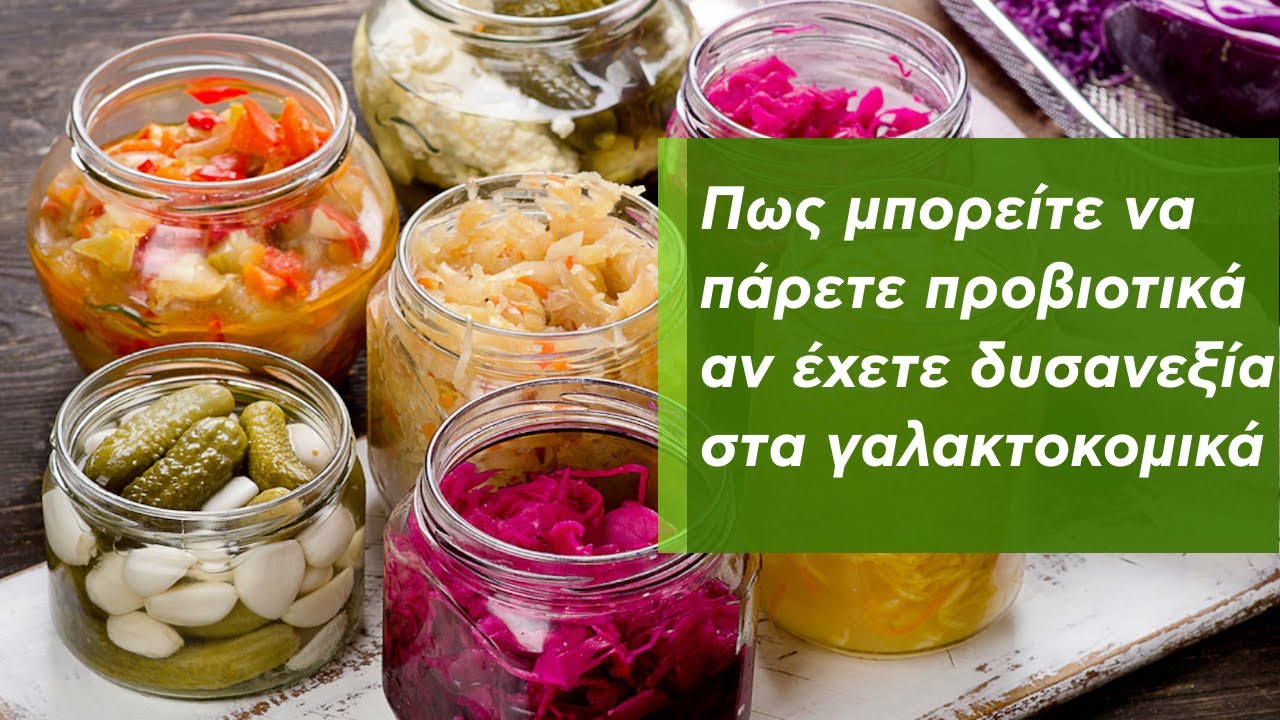
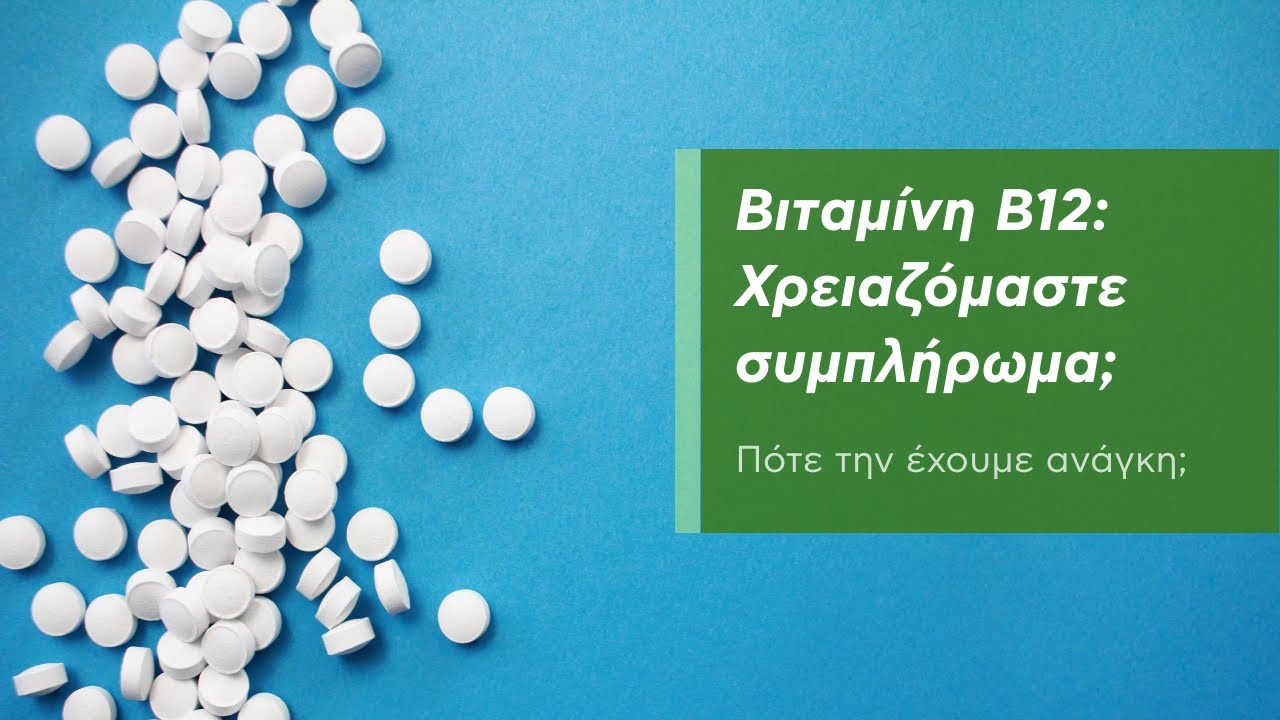

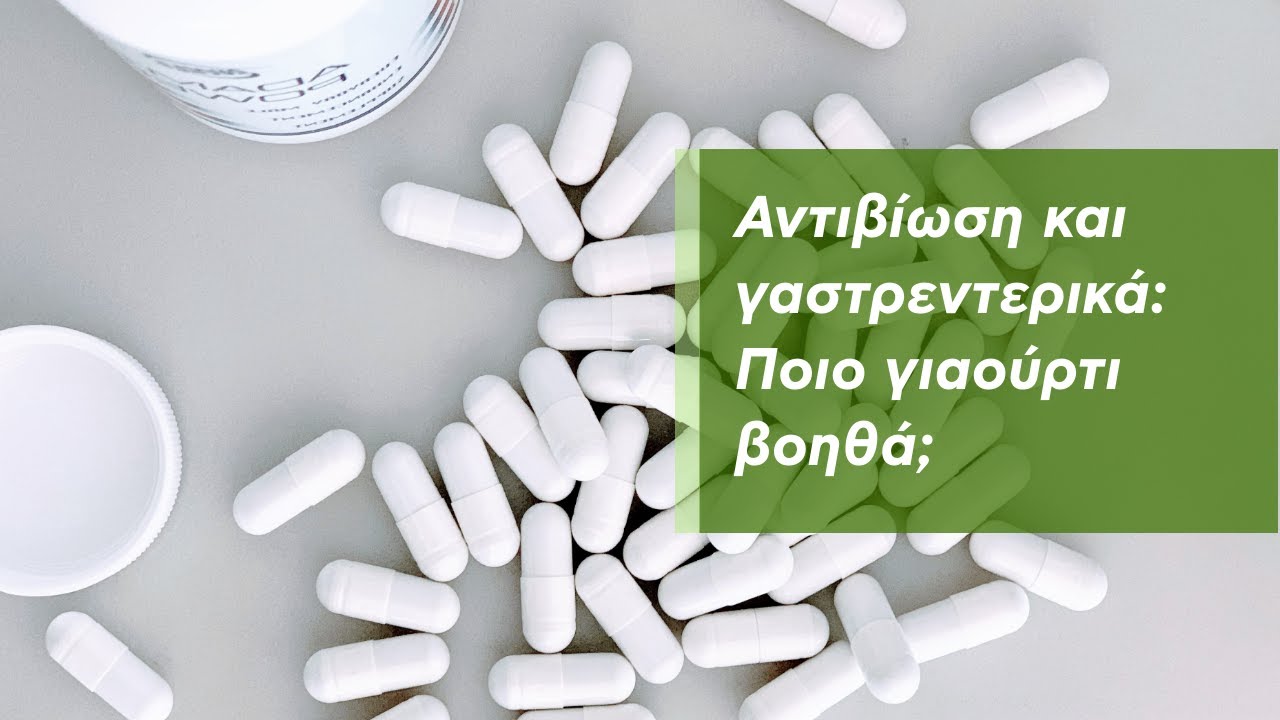

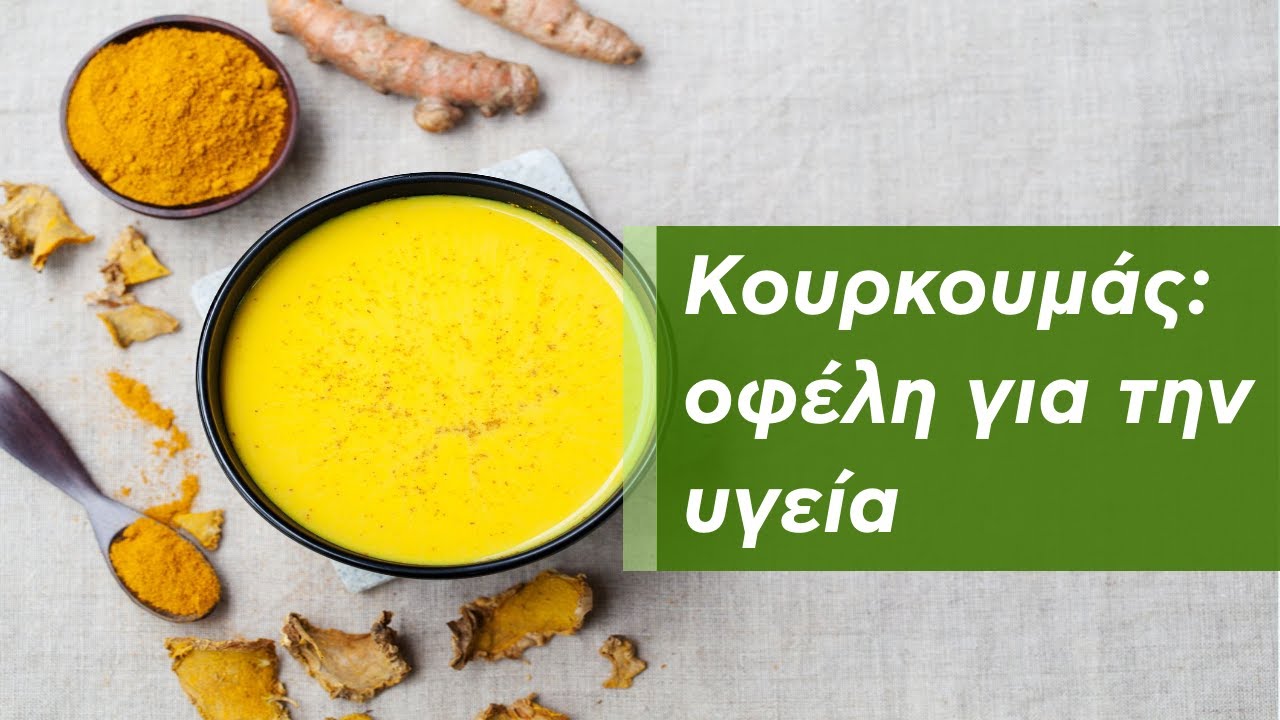
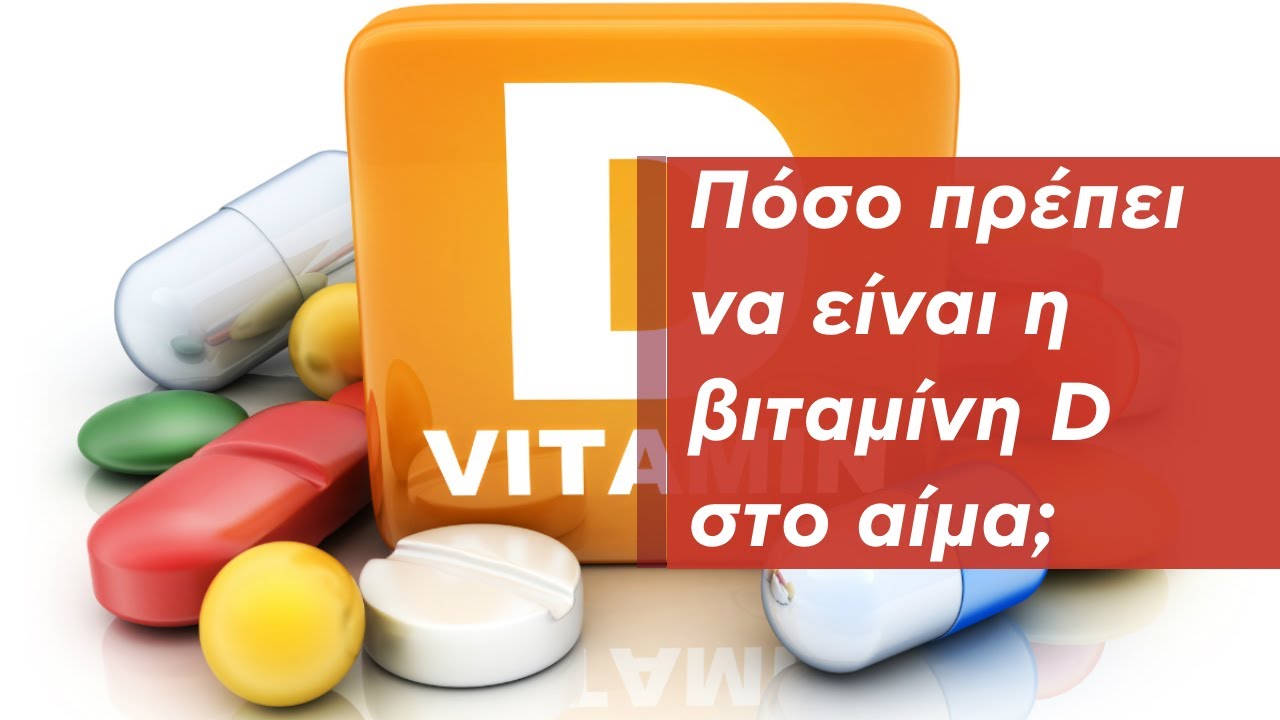
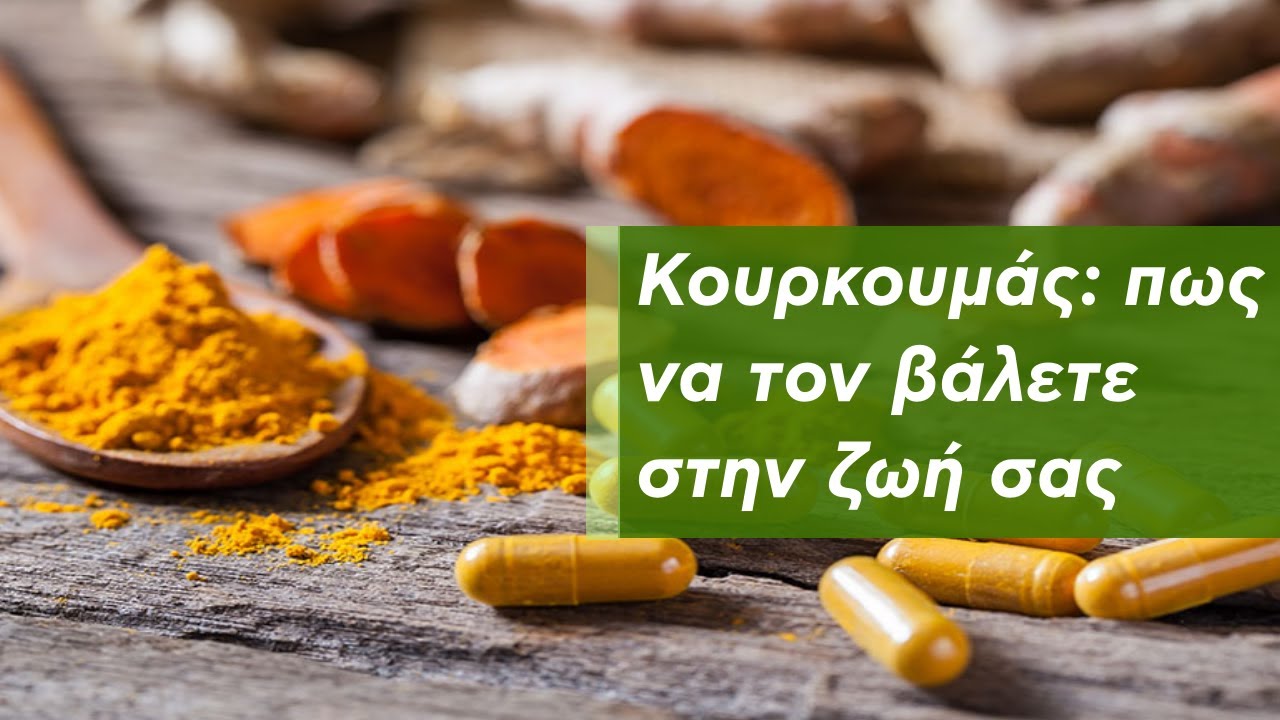
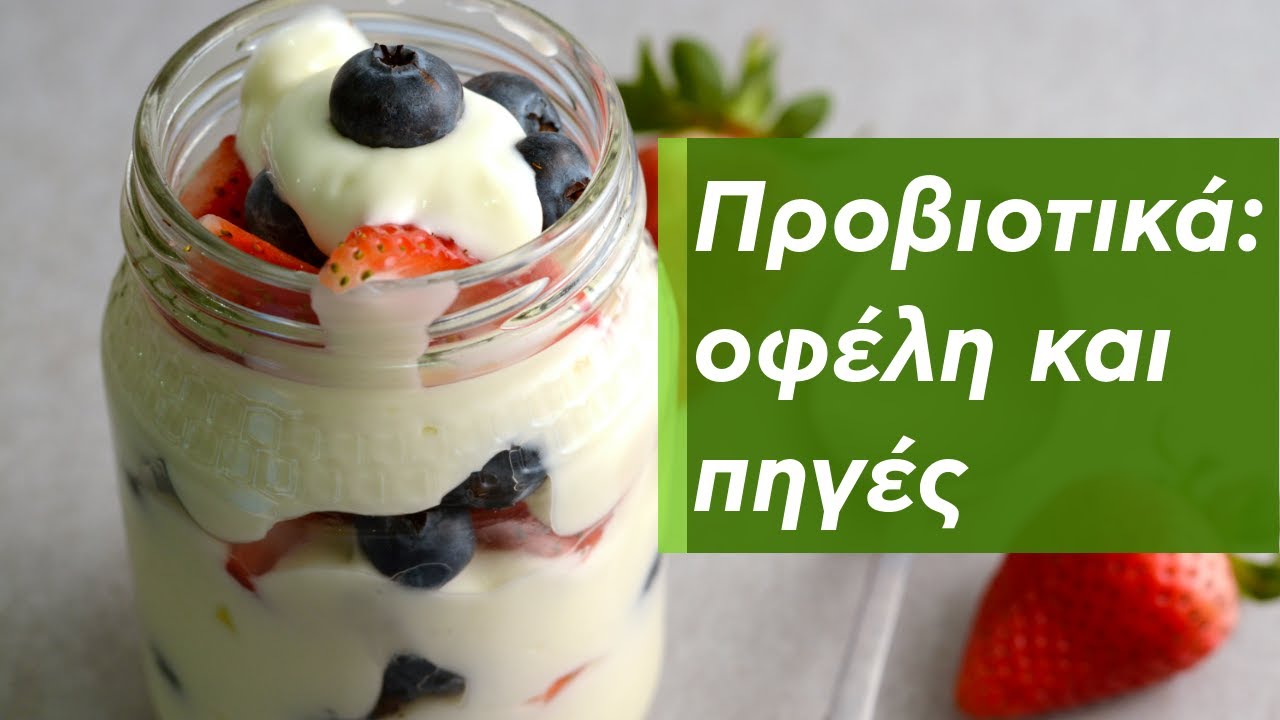
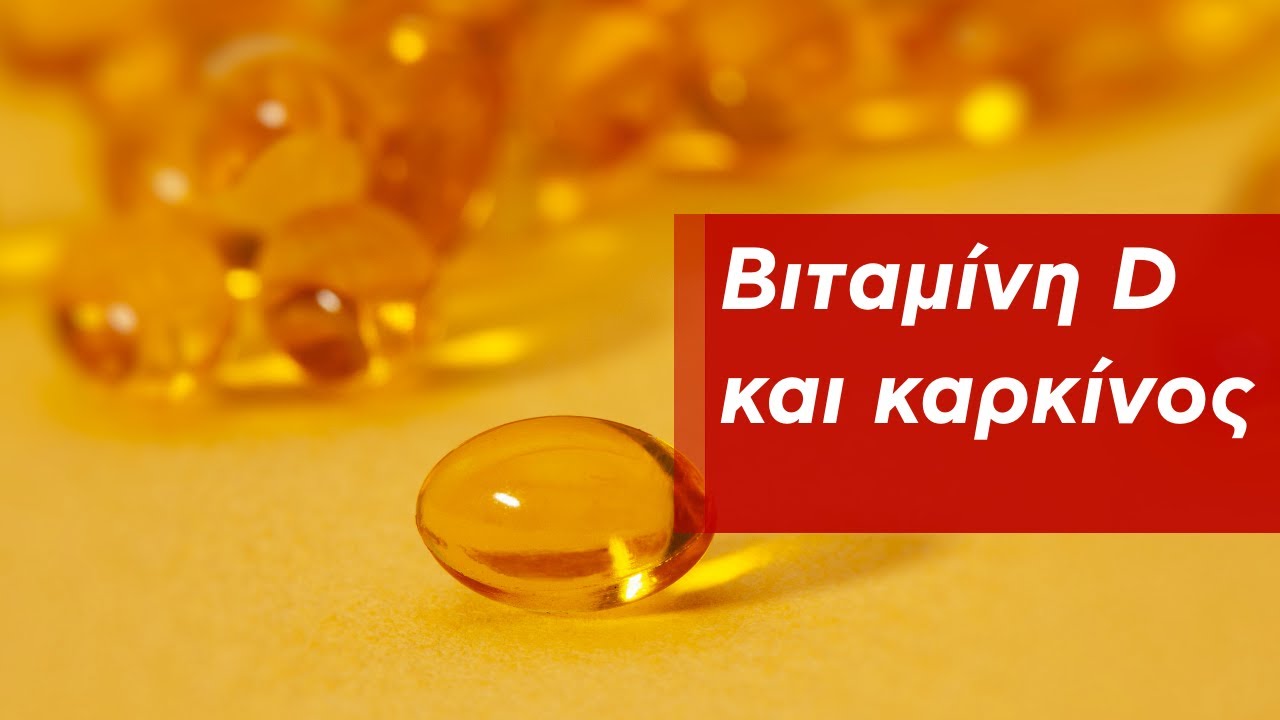
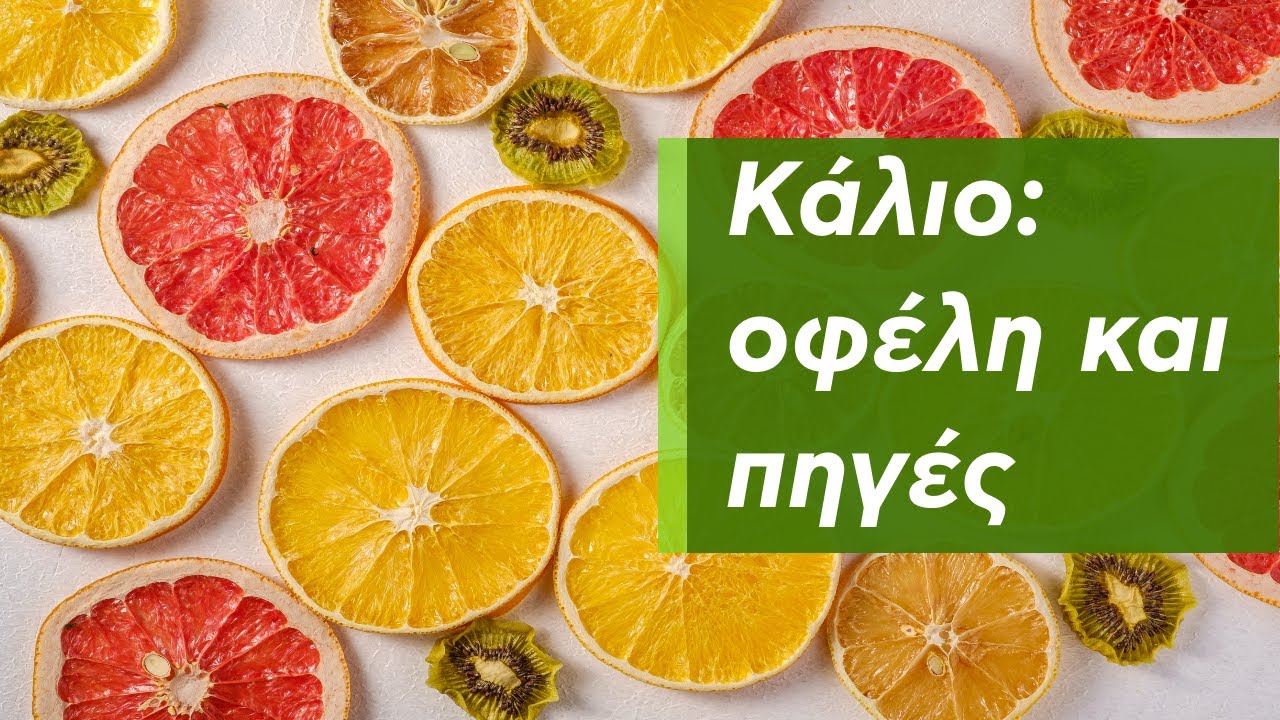
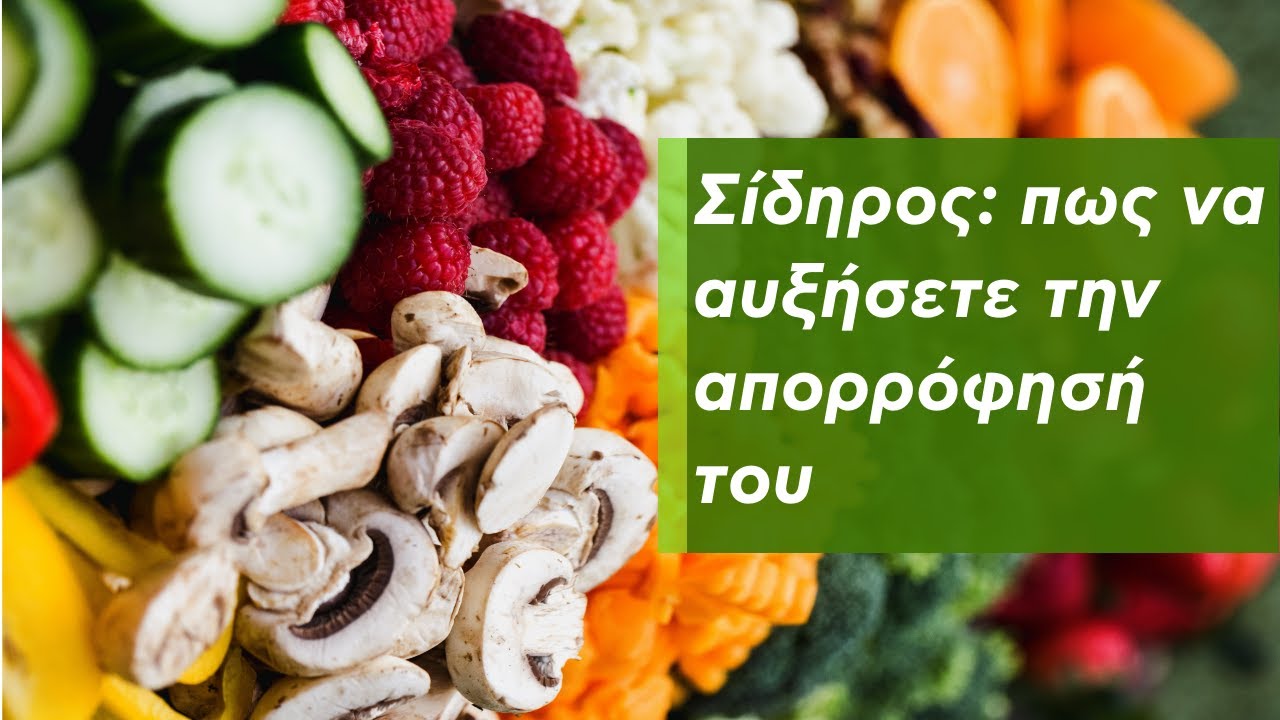
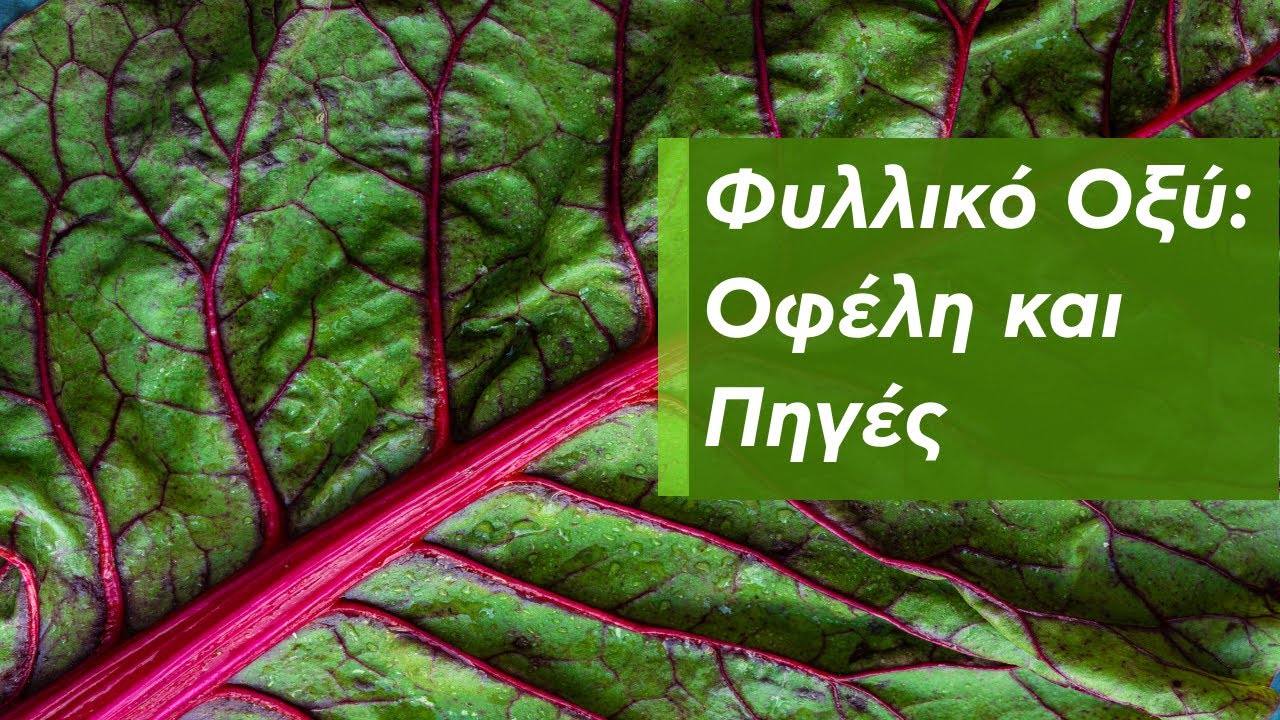
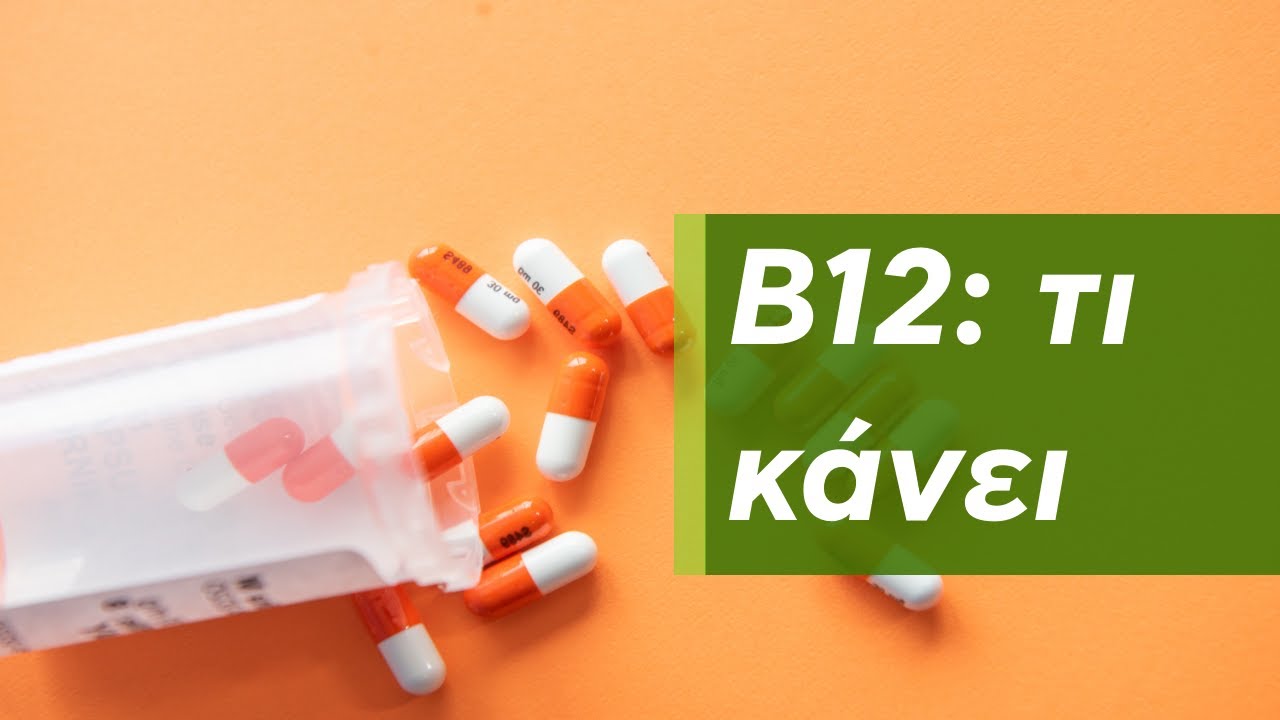



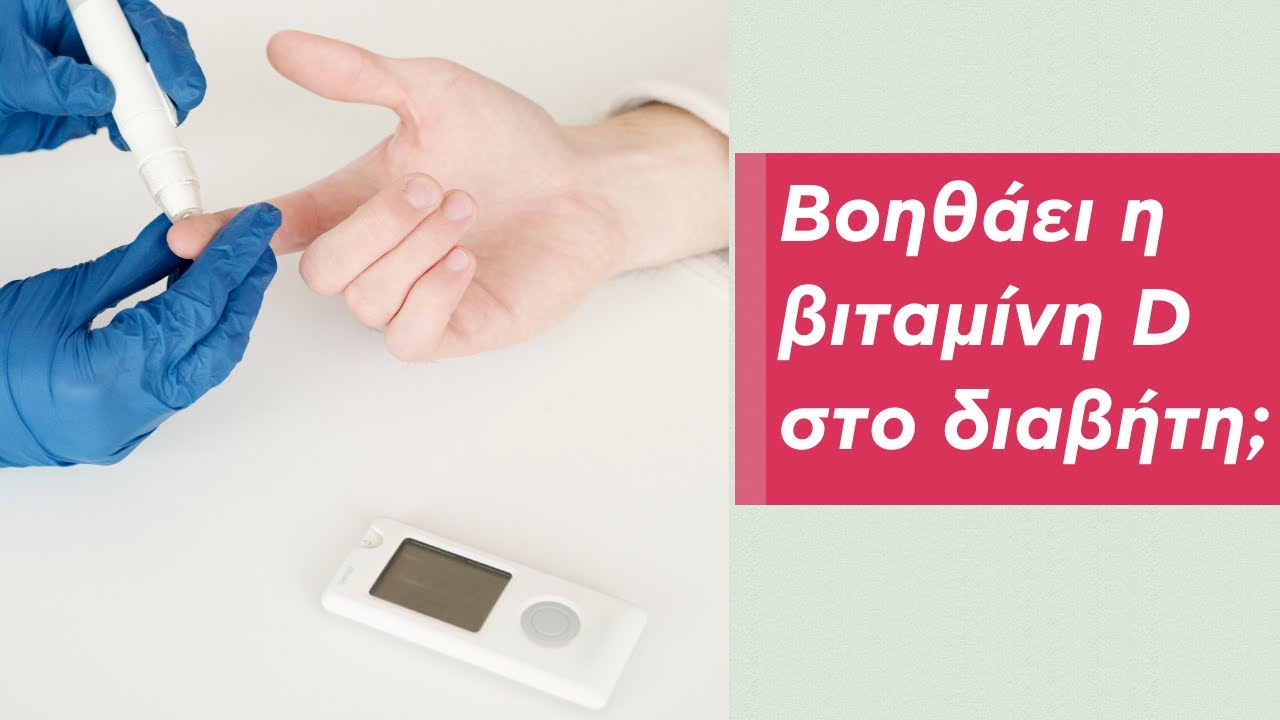
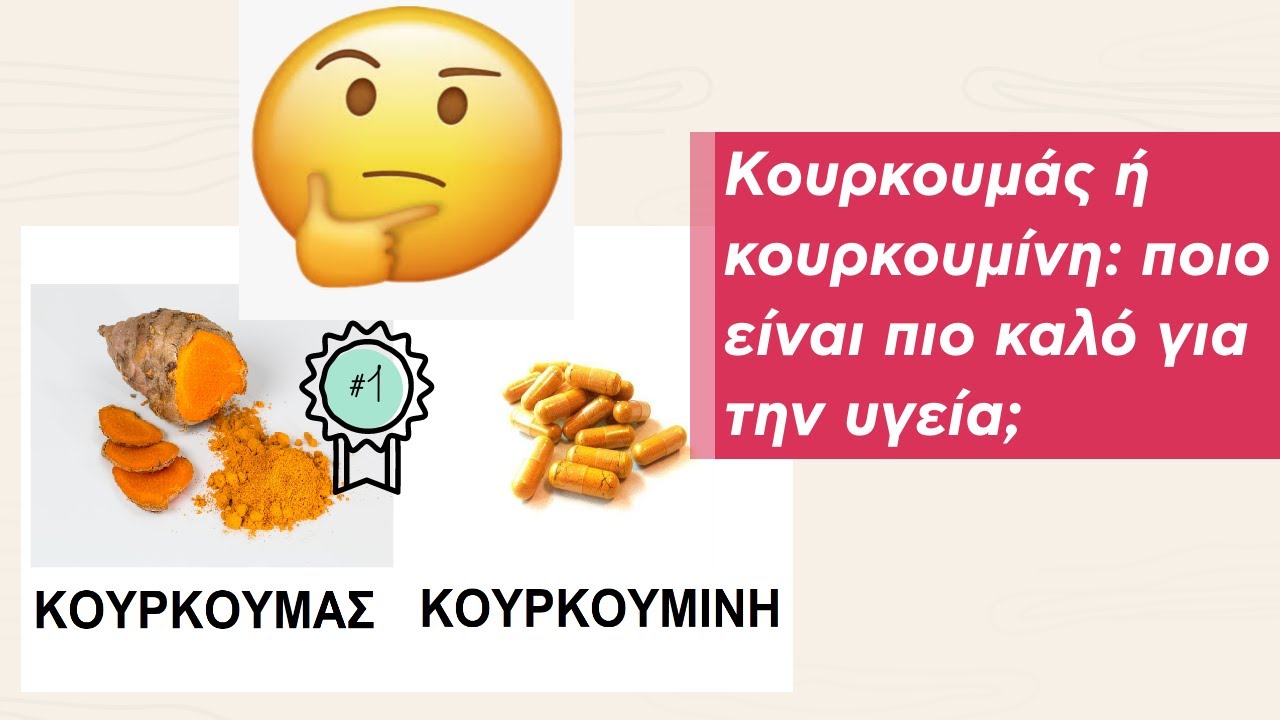
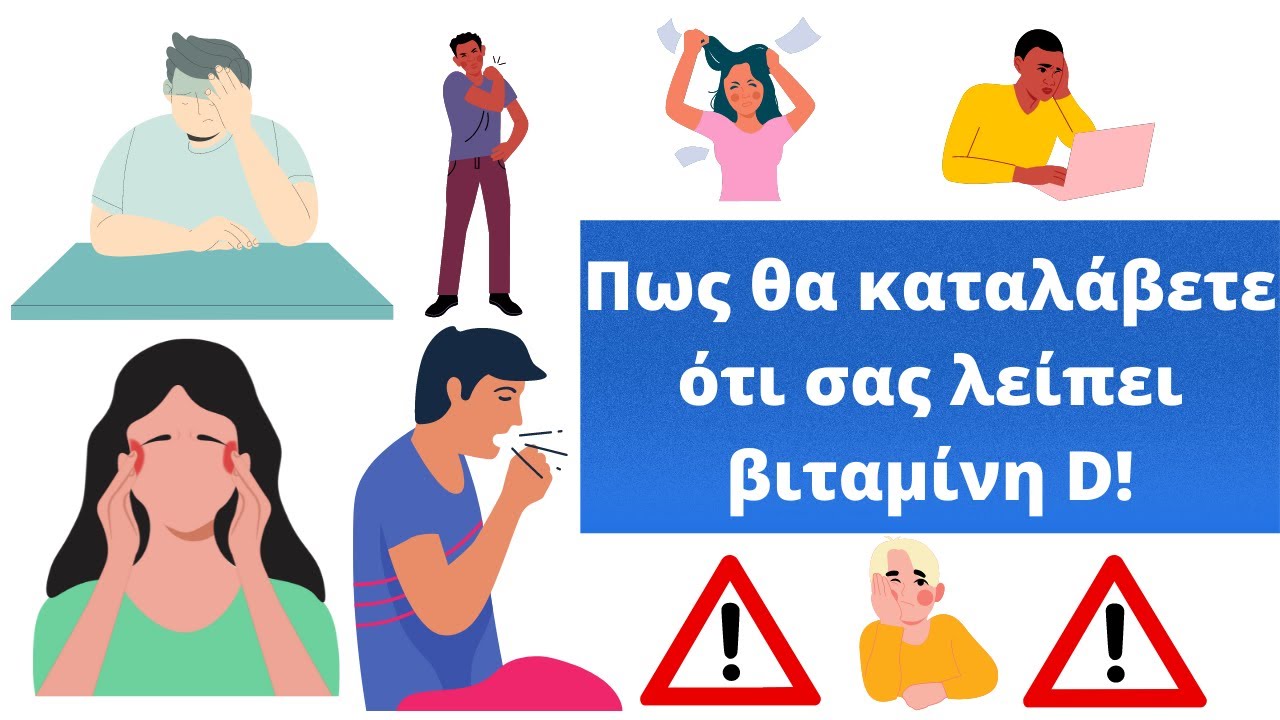

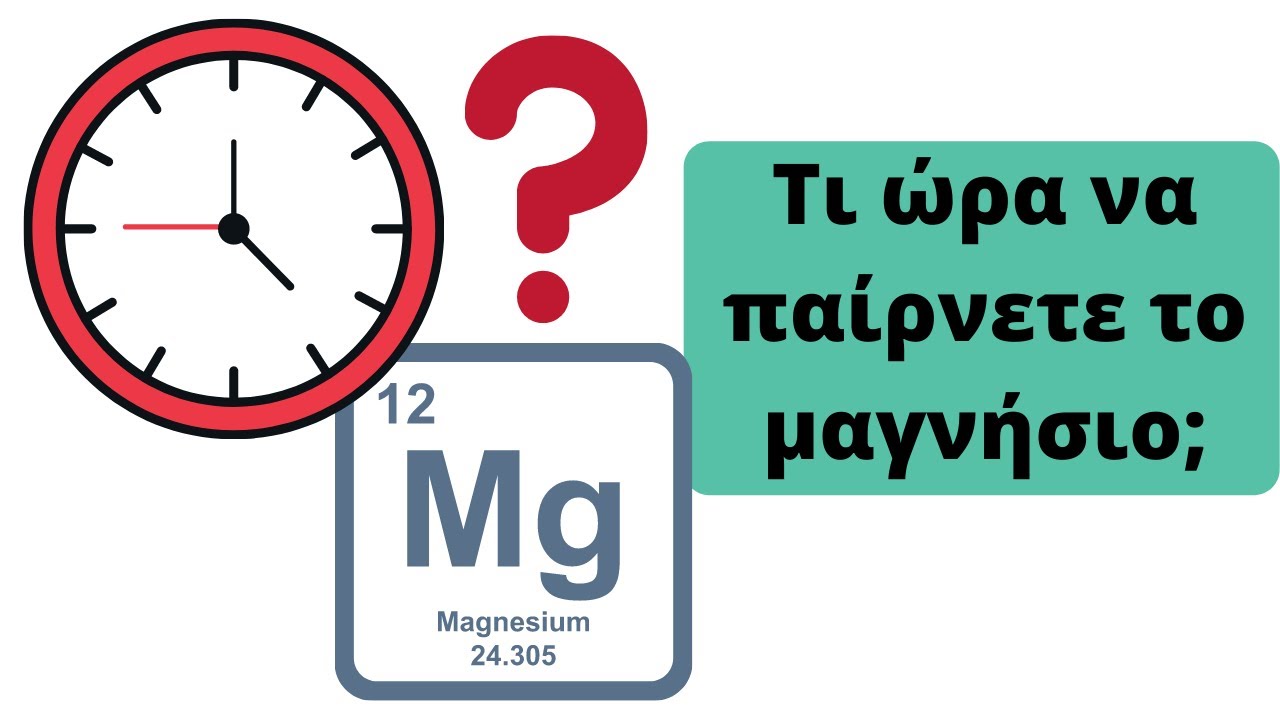
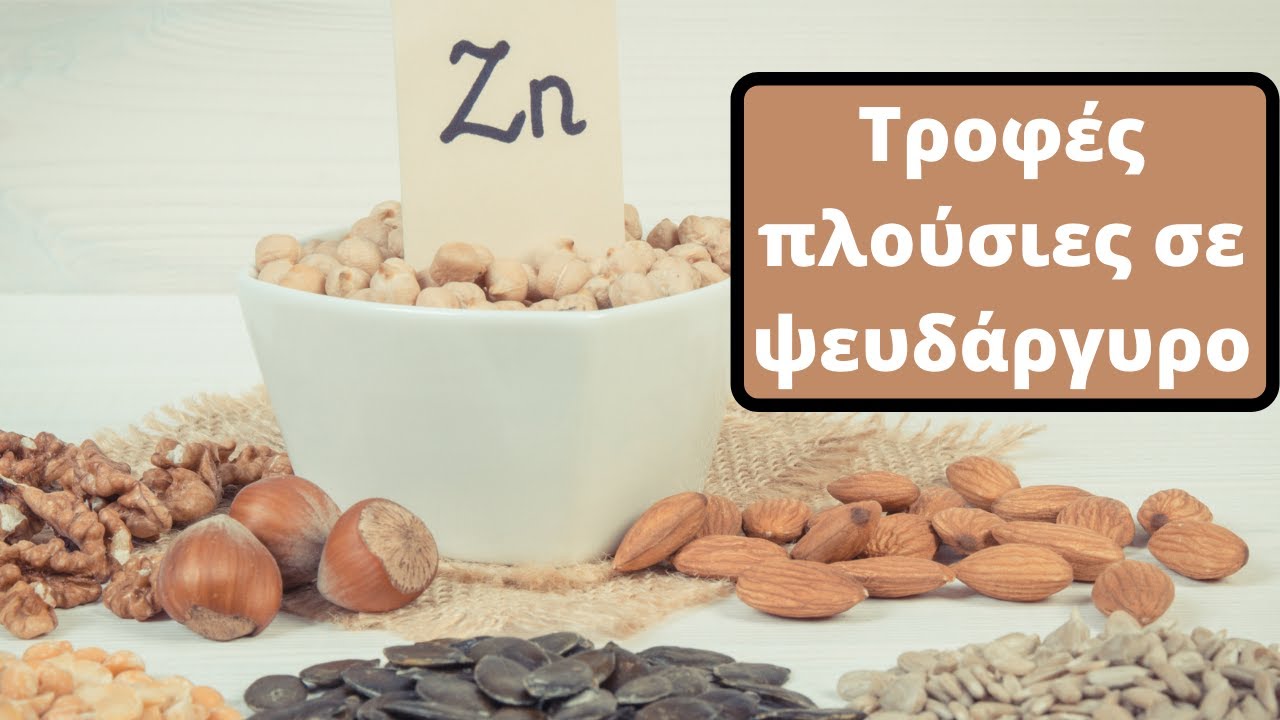
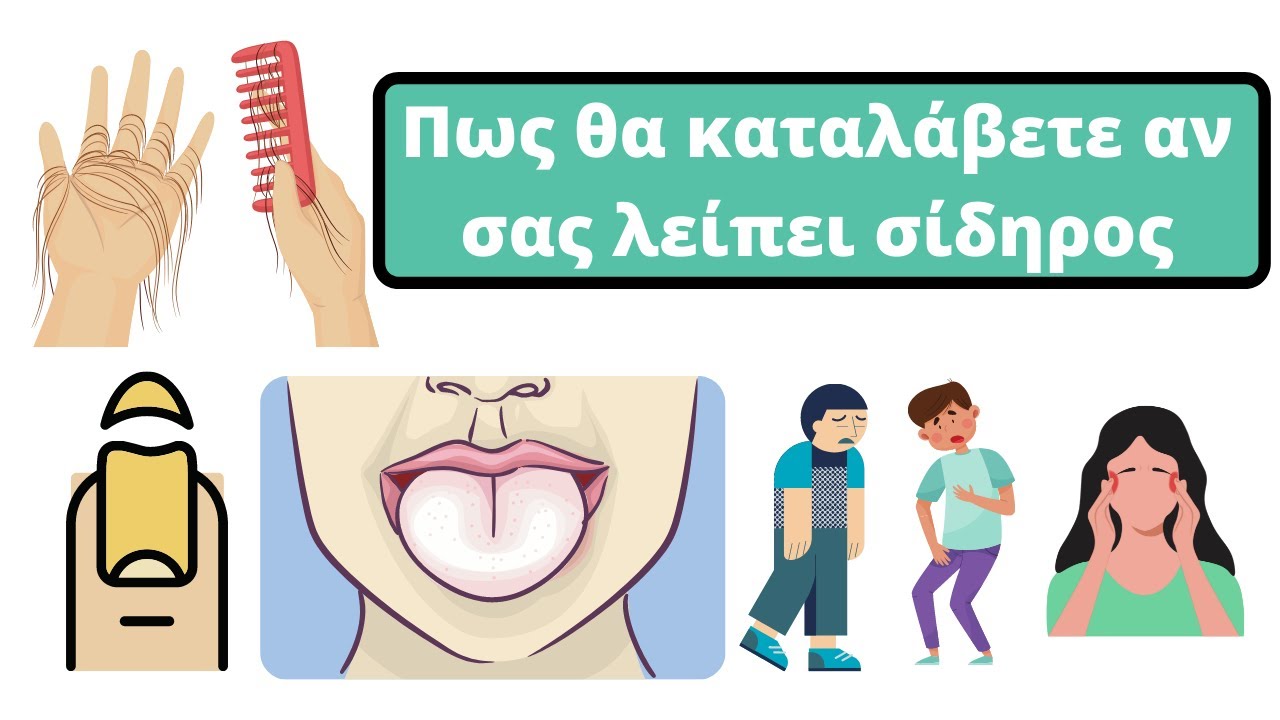
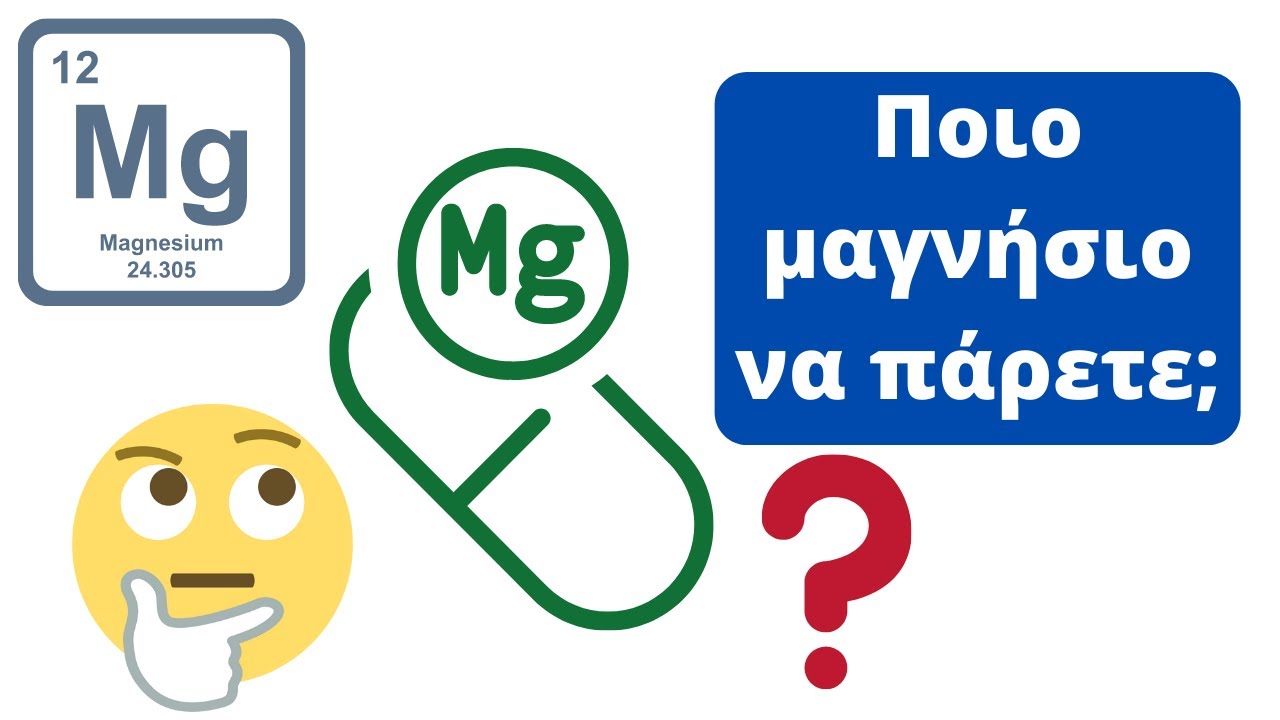
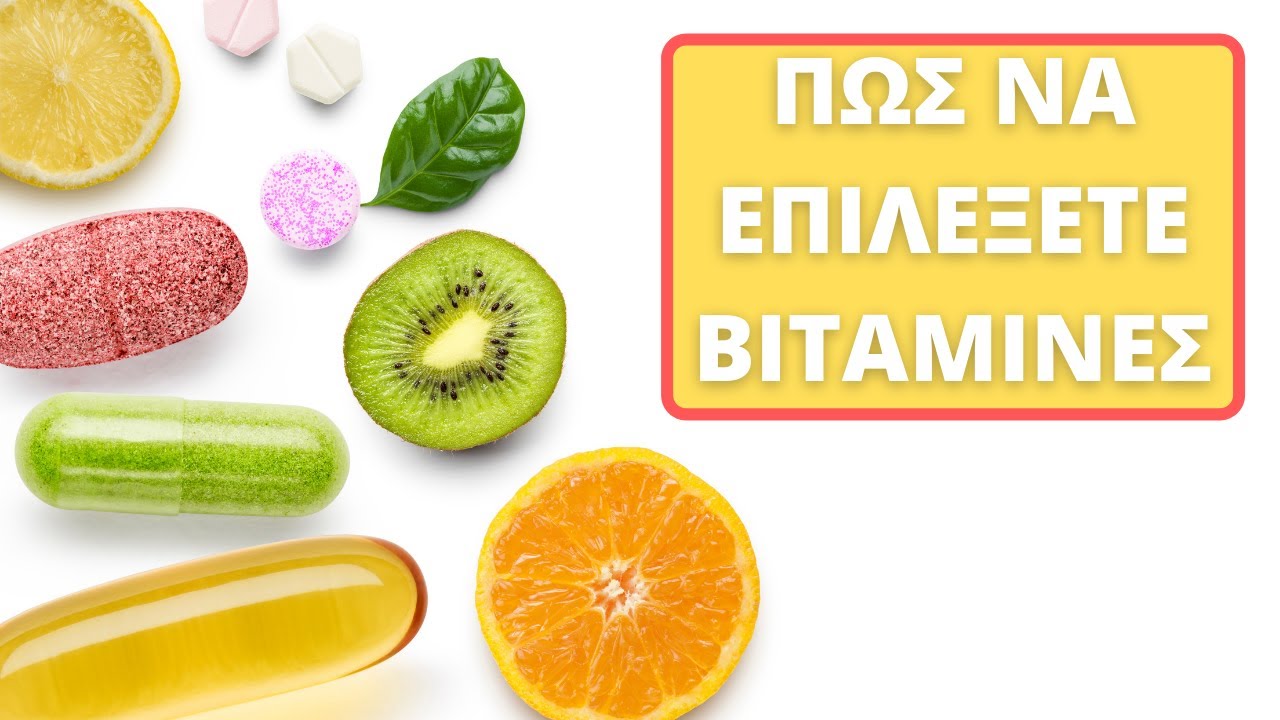

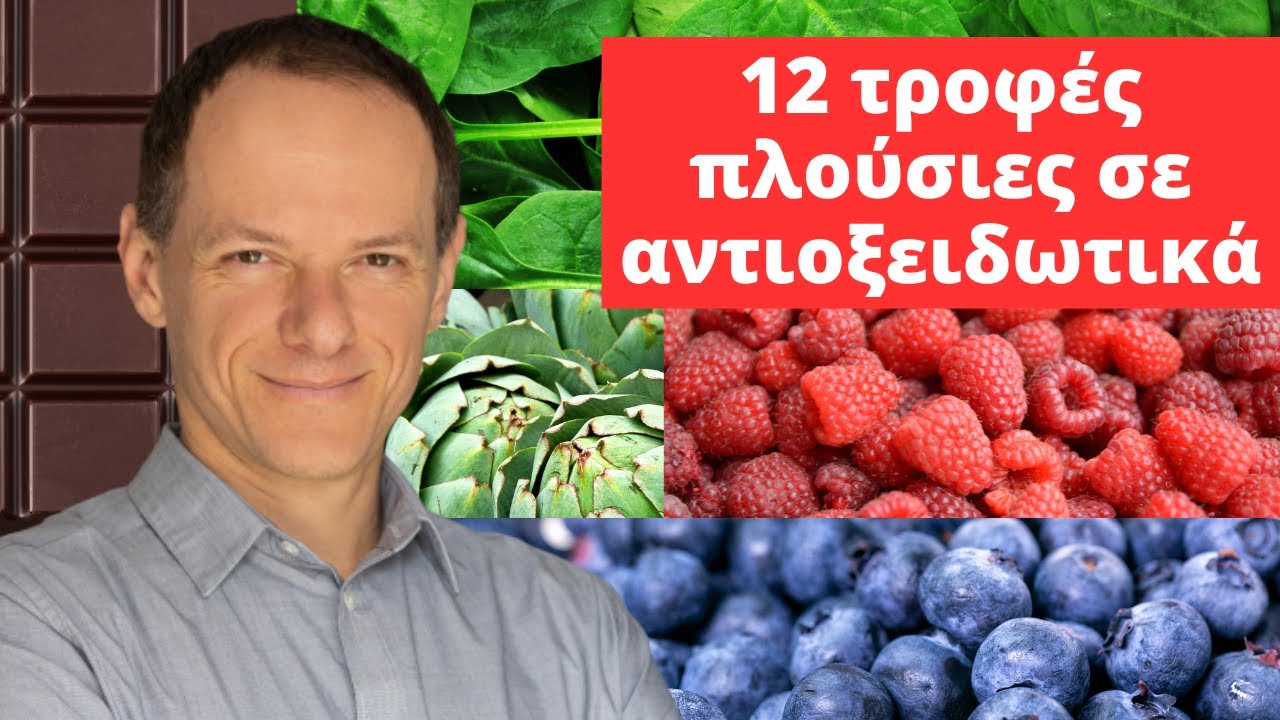
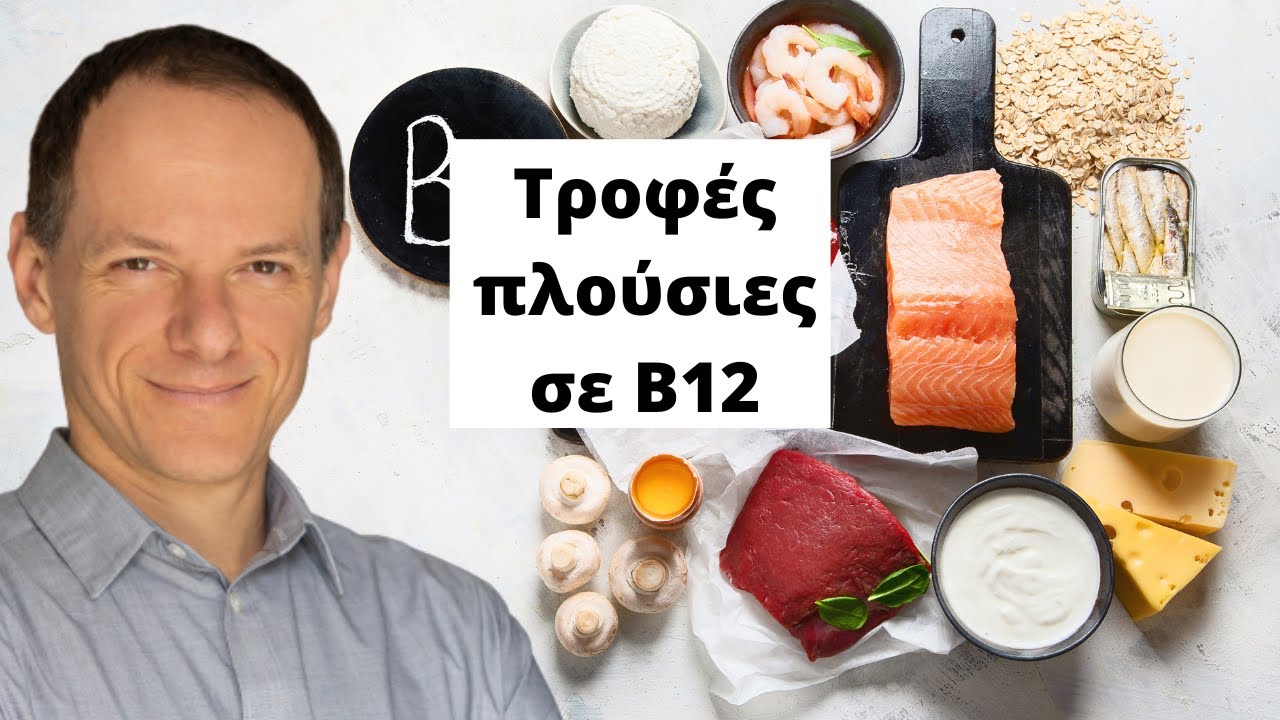

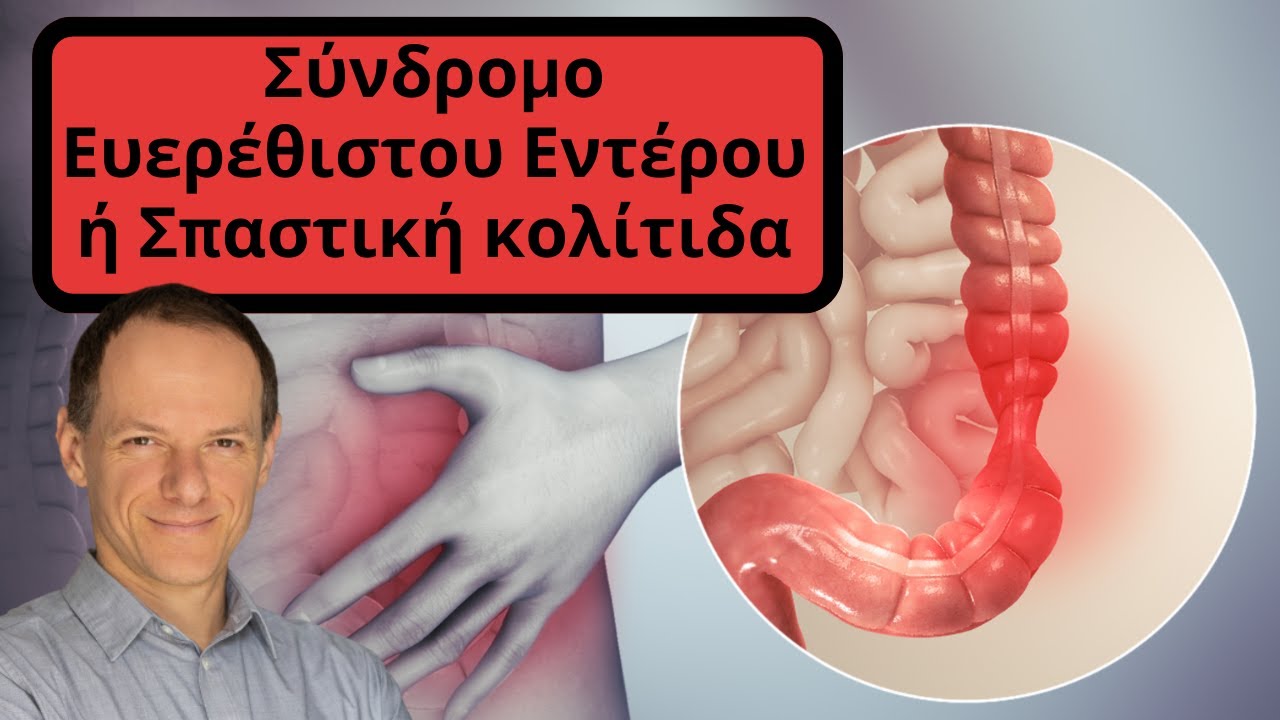
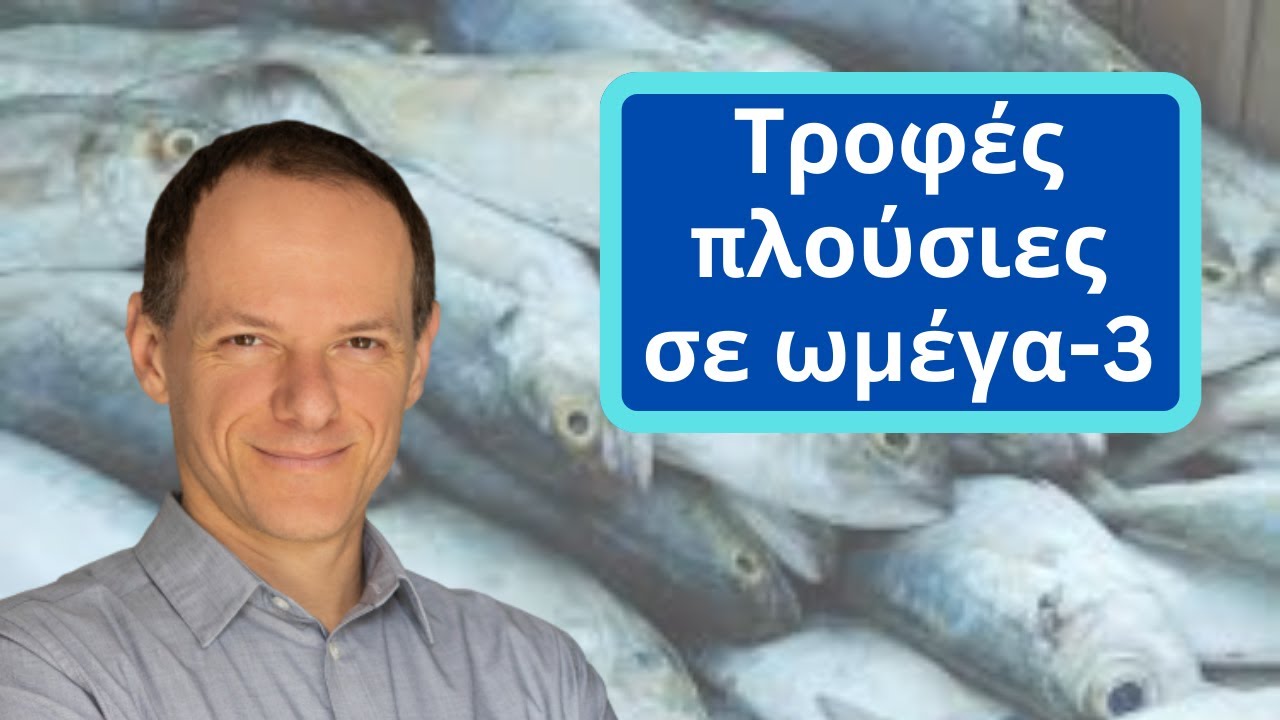
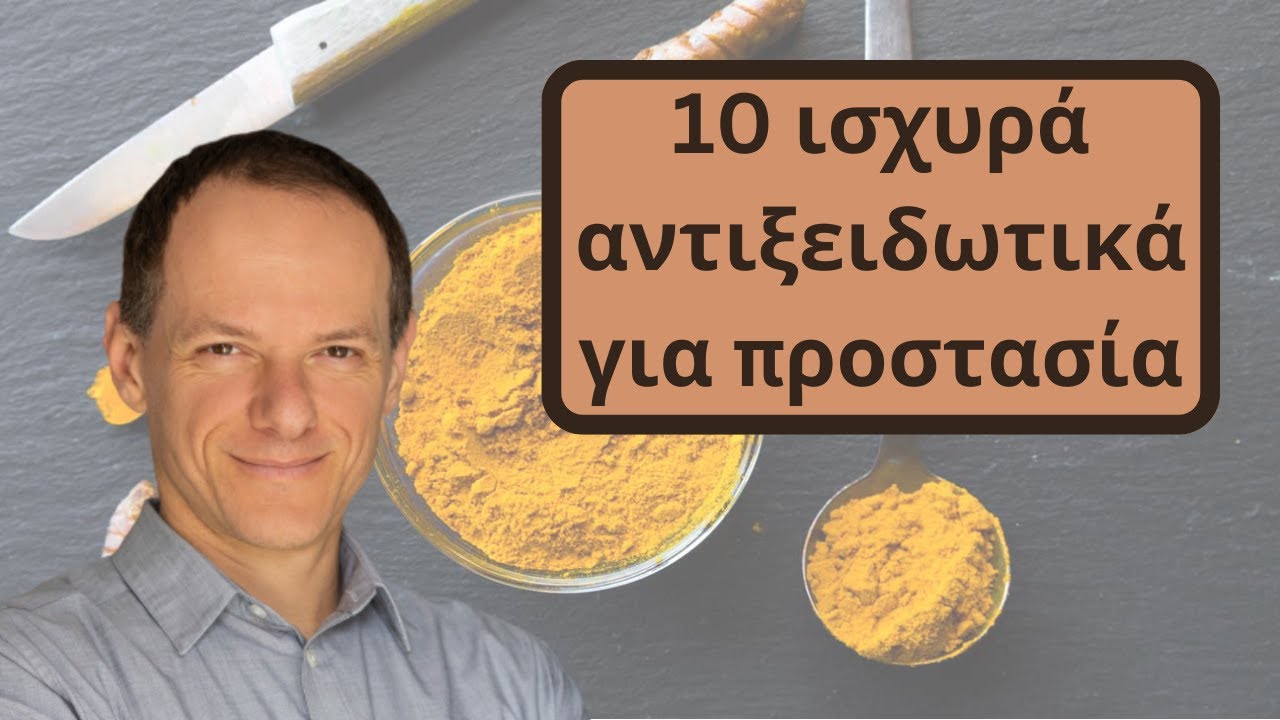
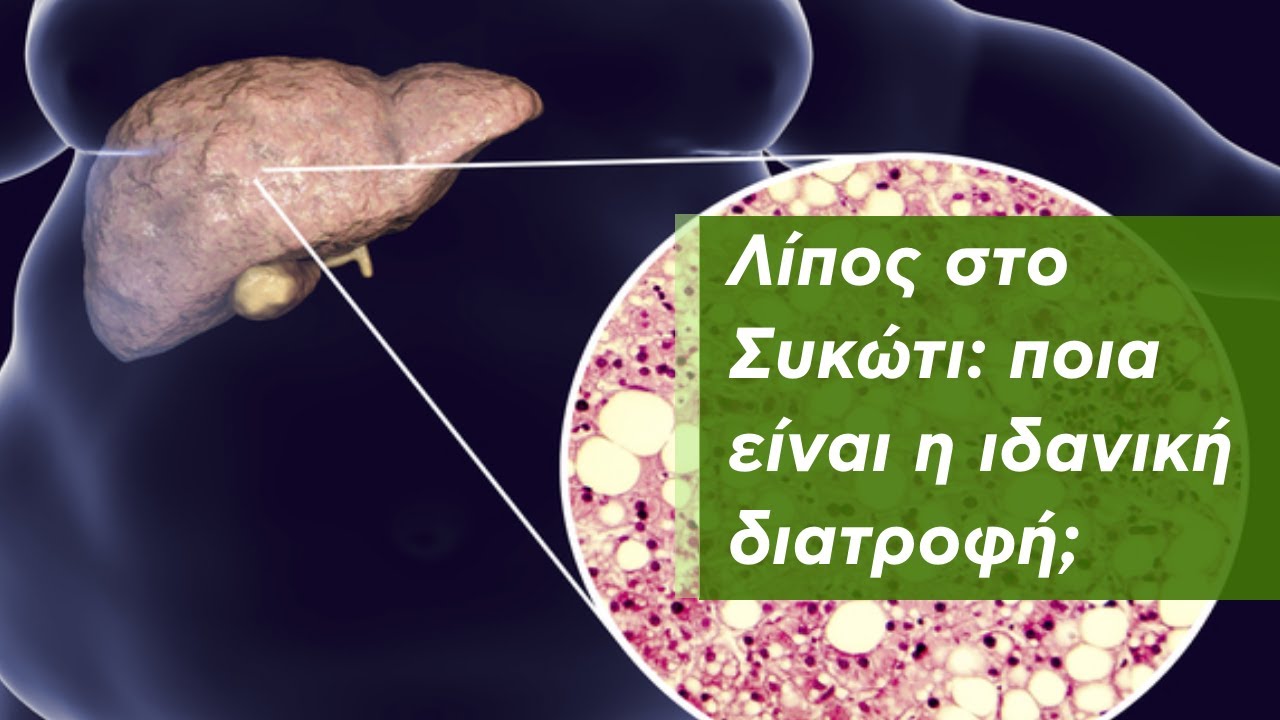
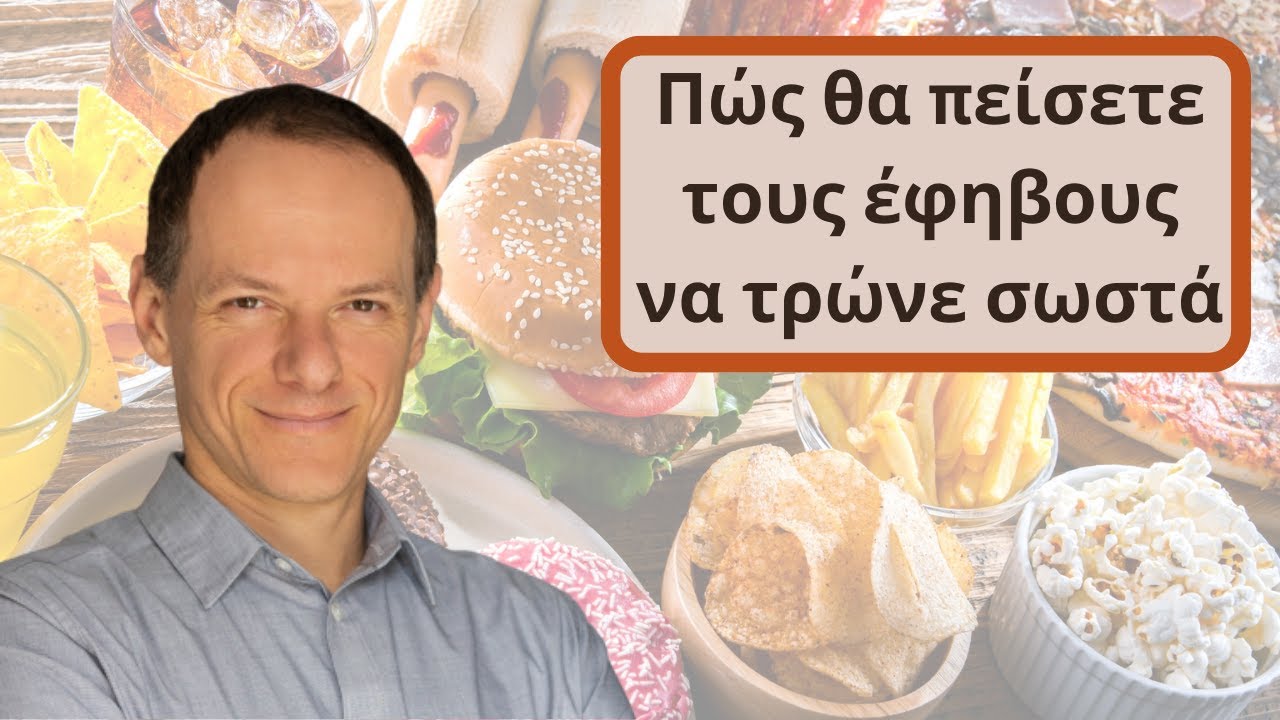



0 Σχόλια